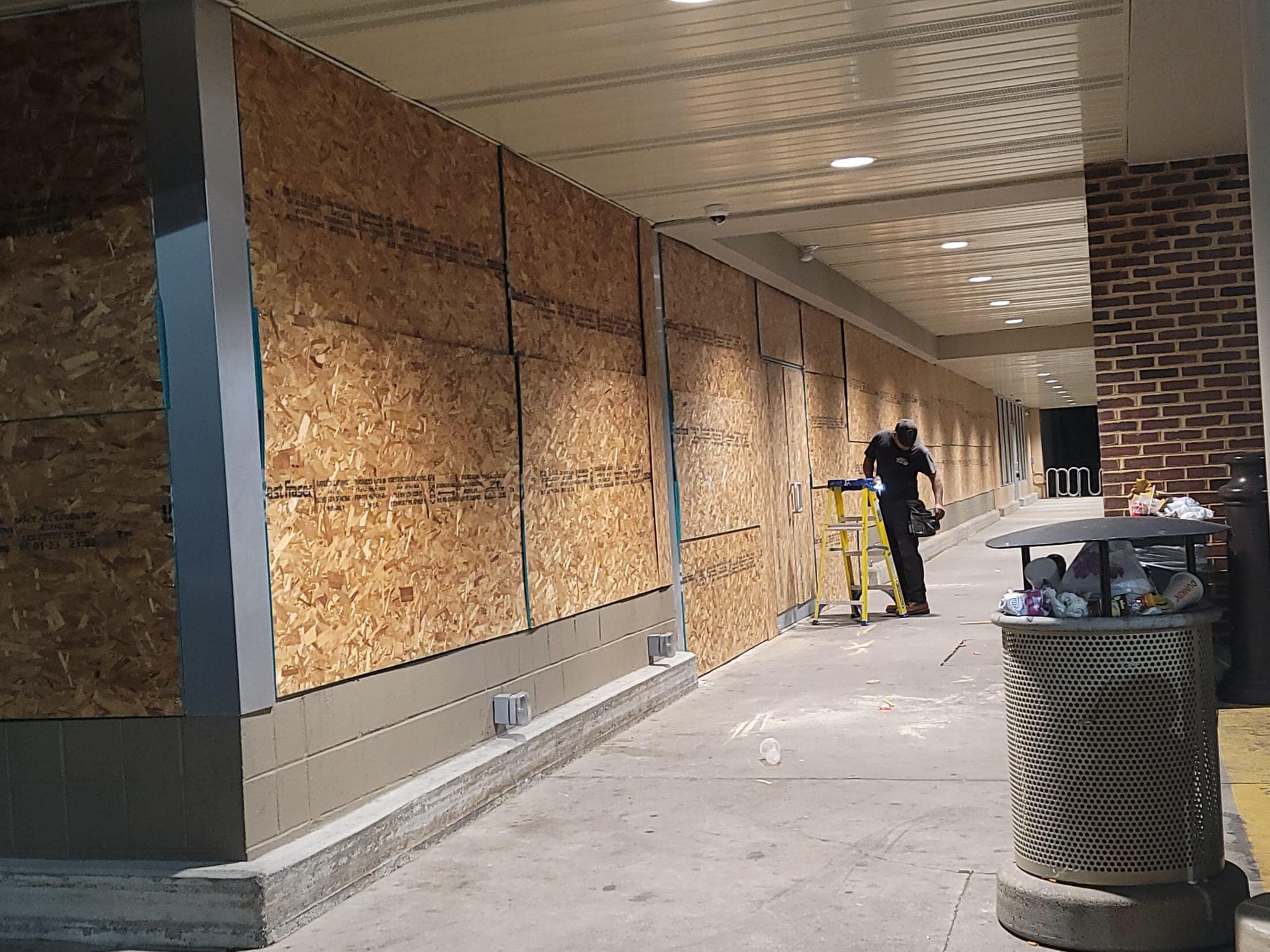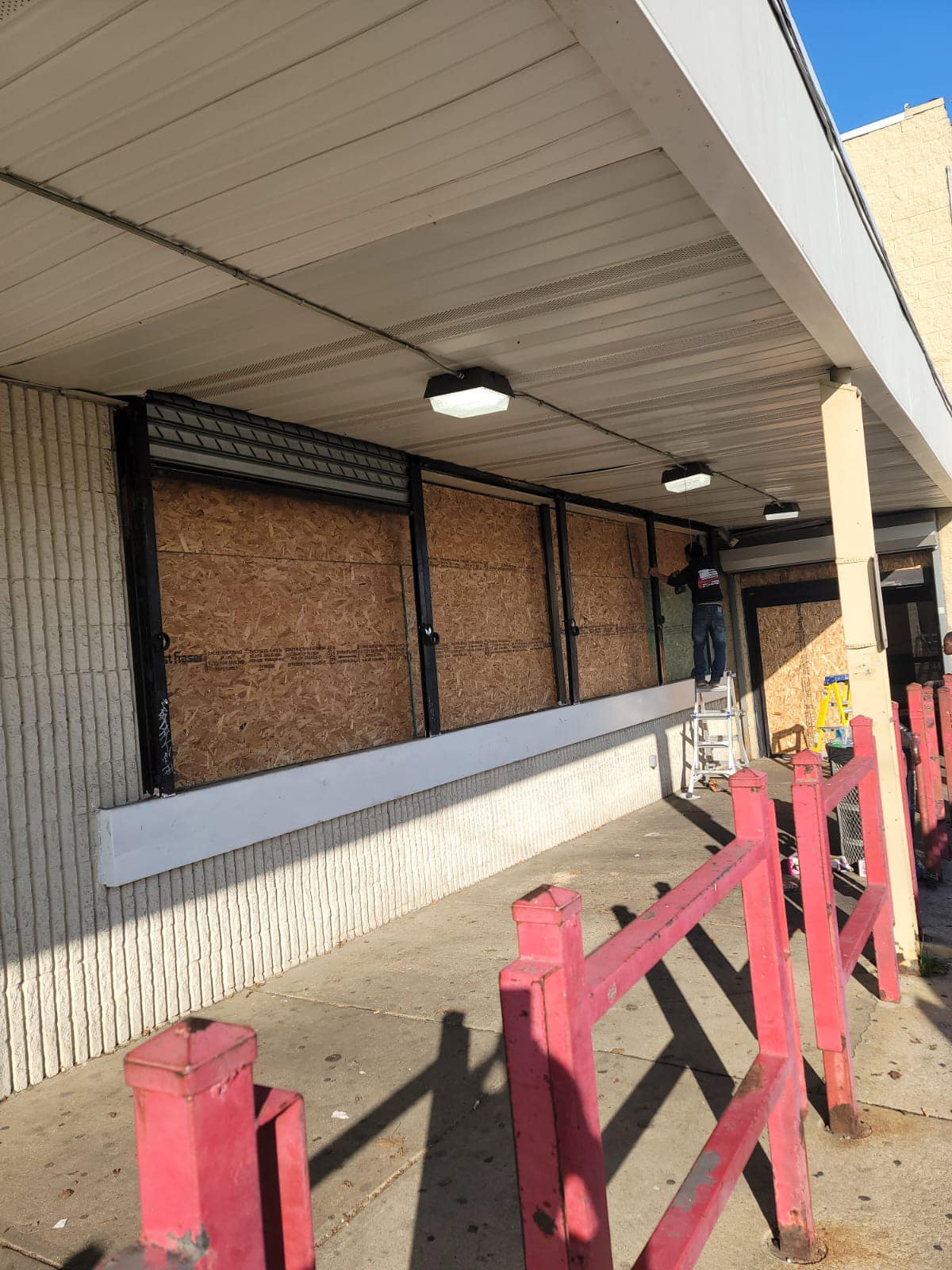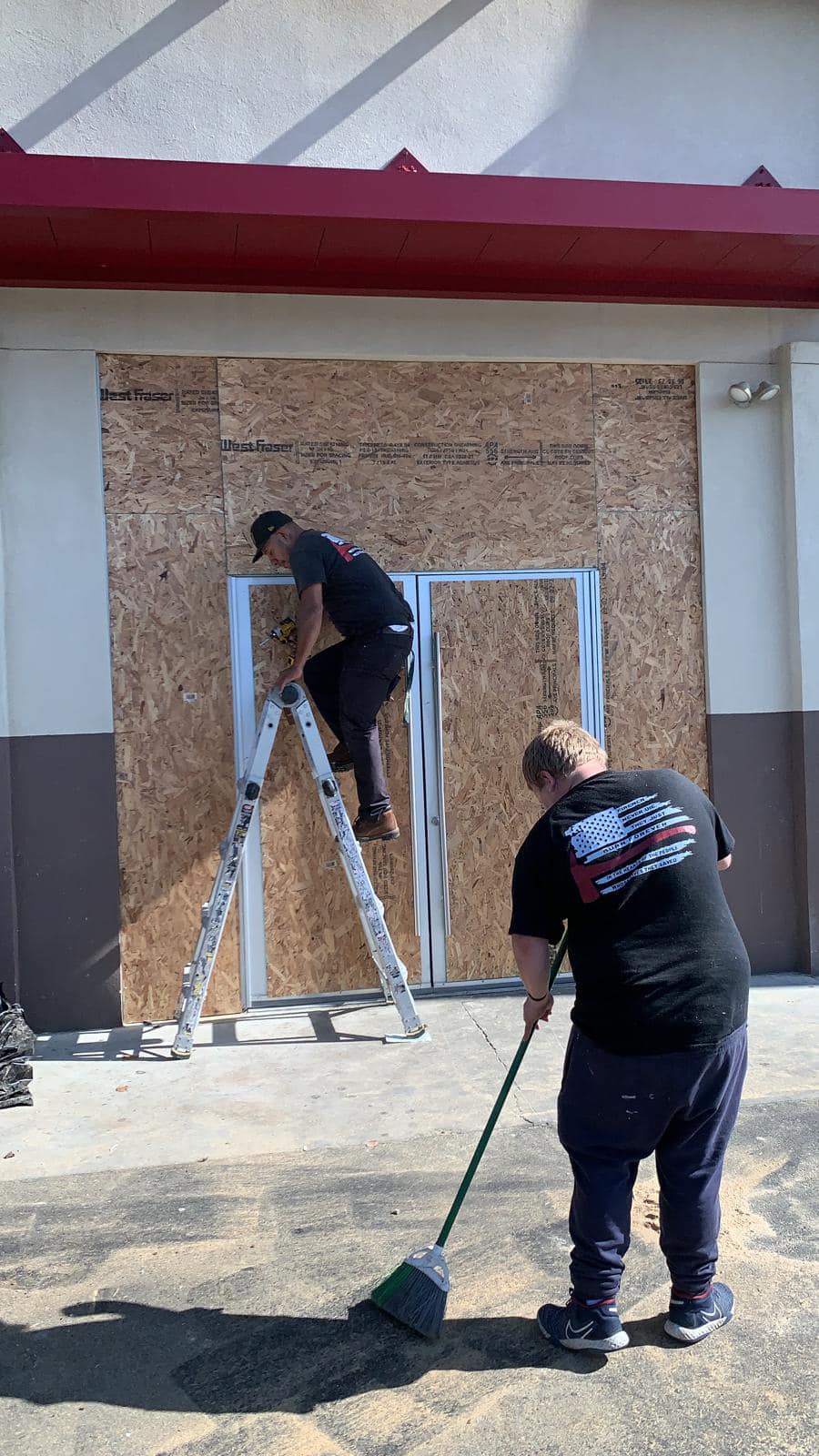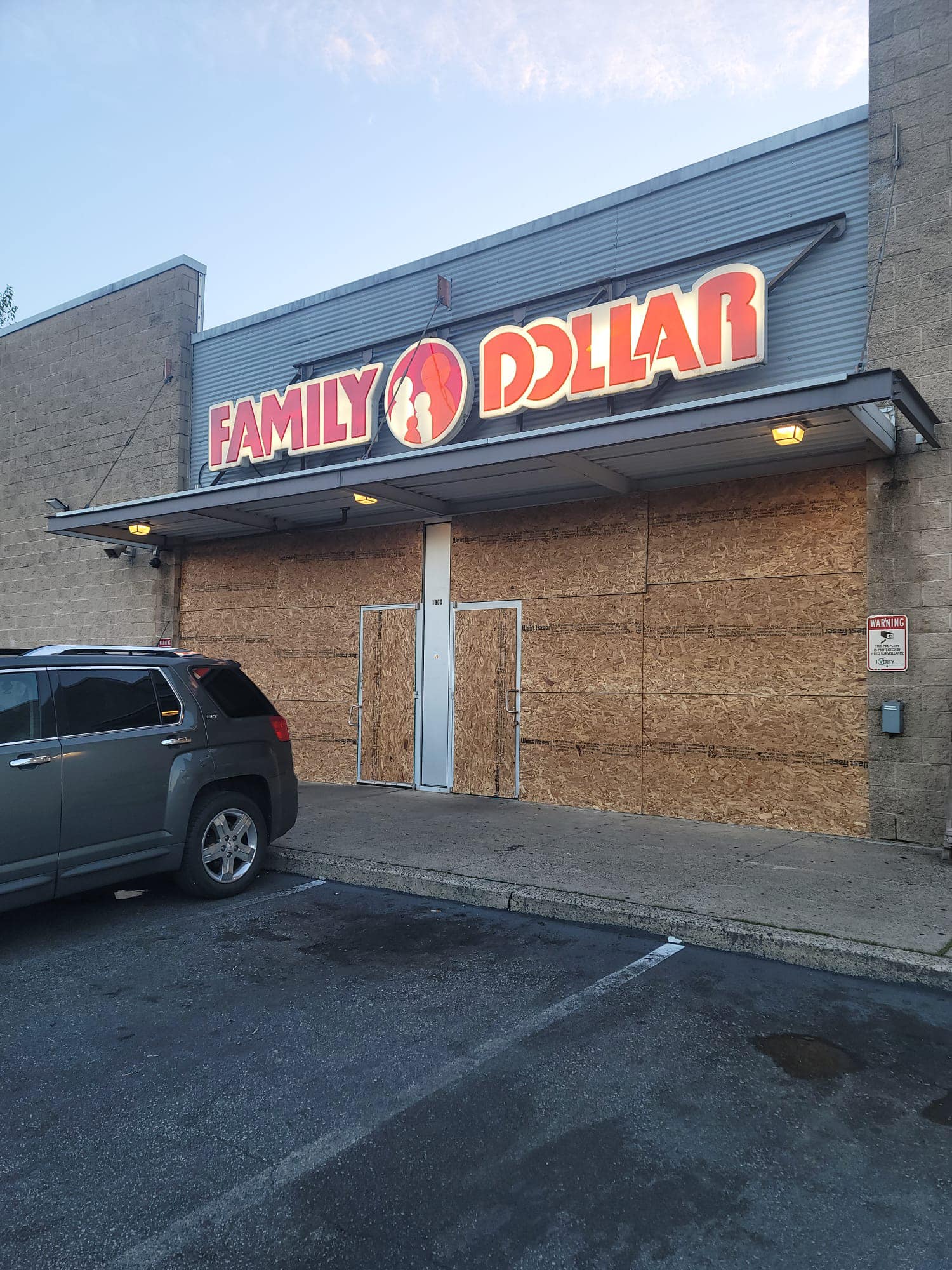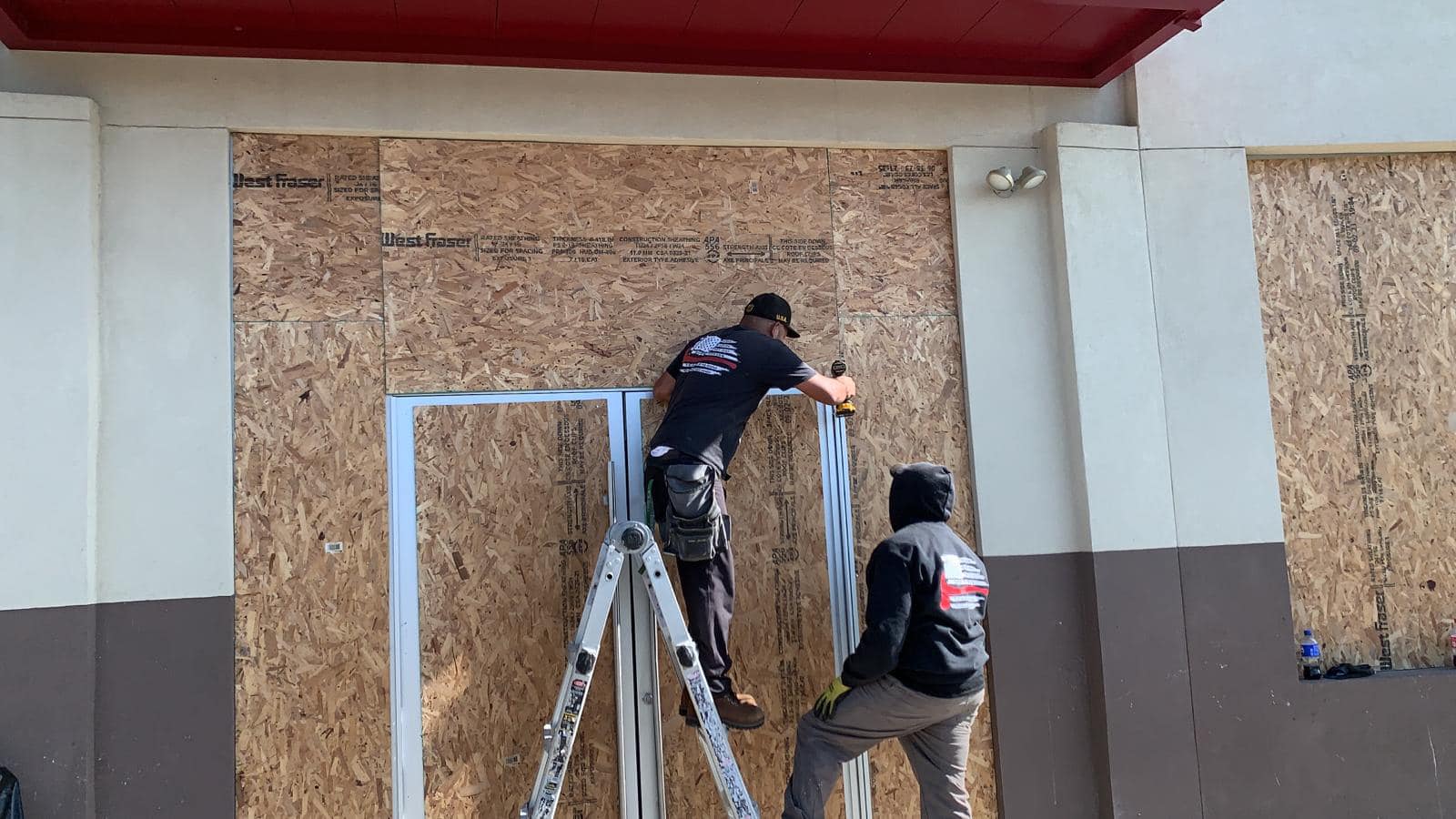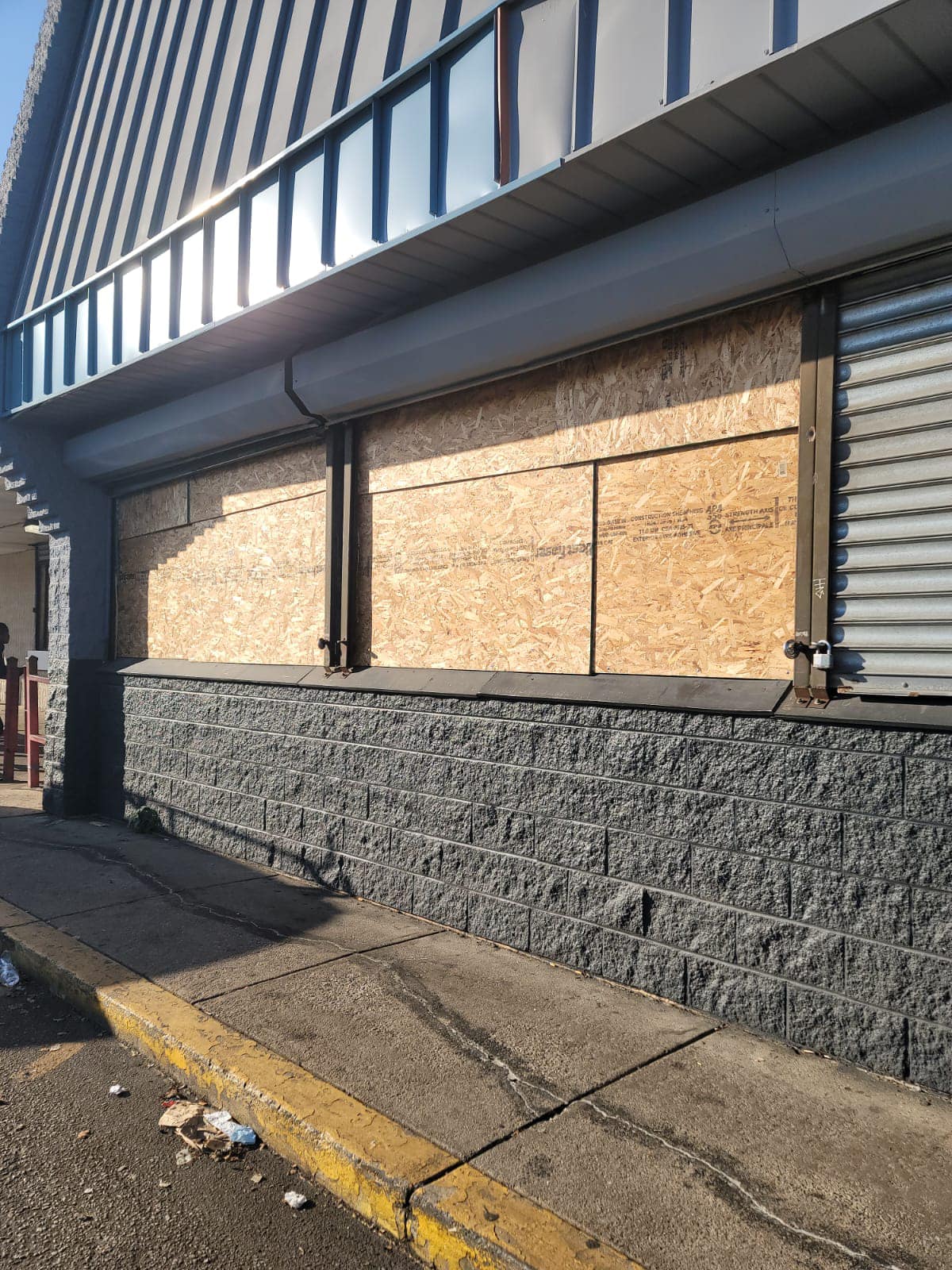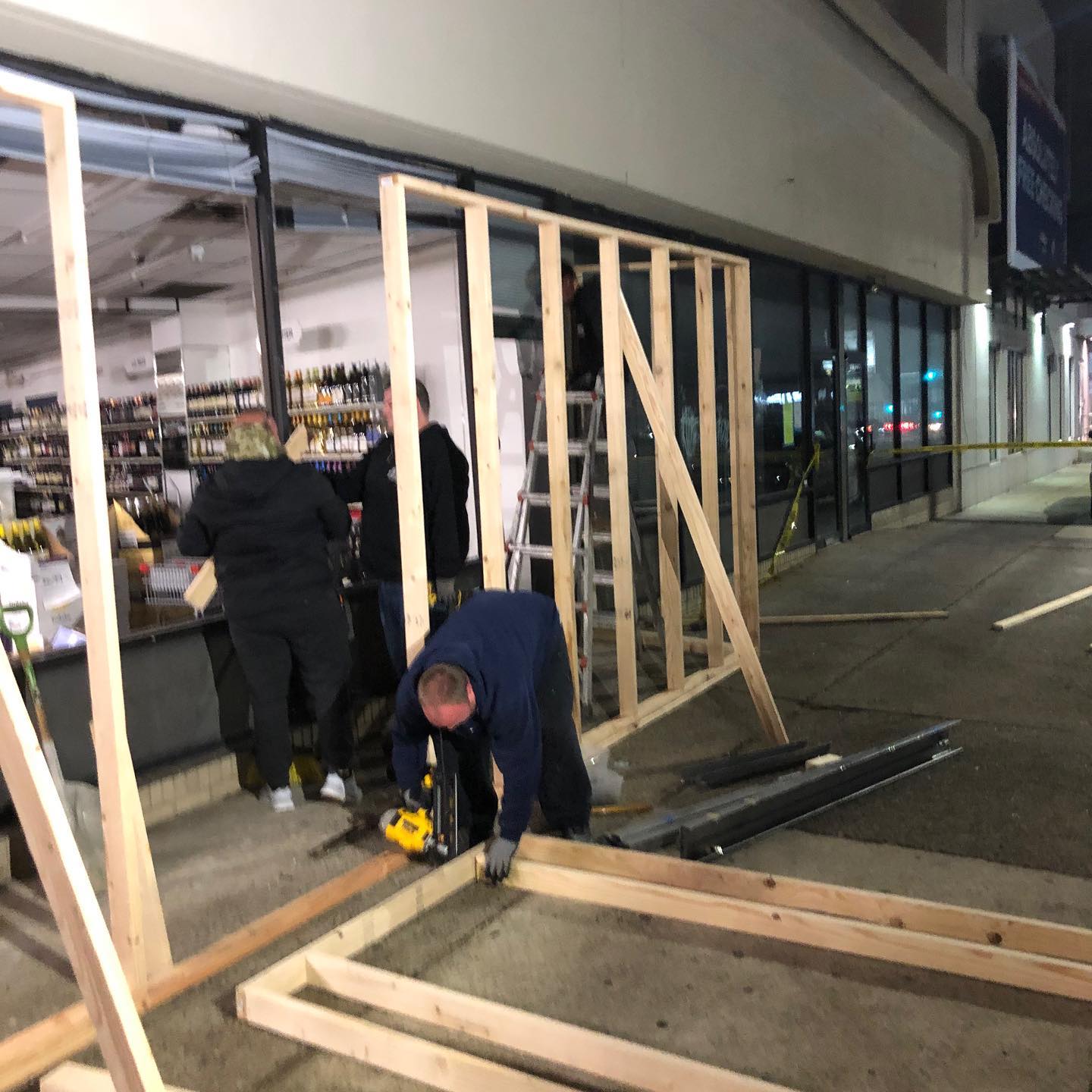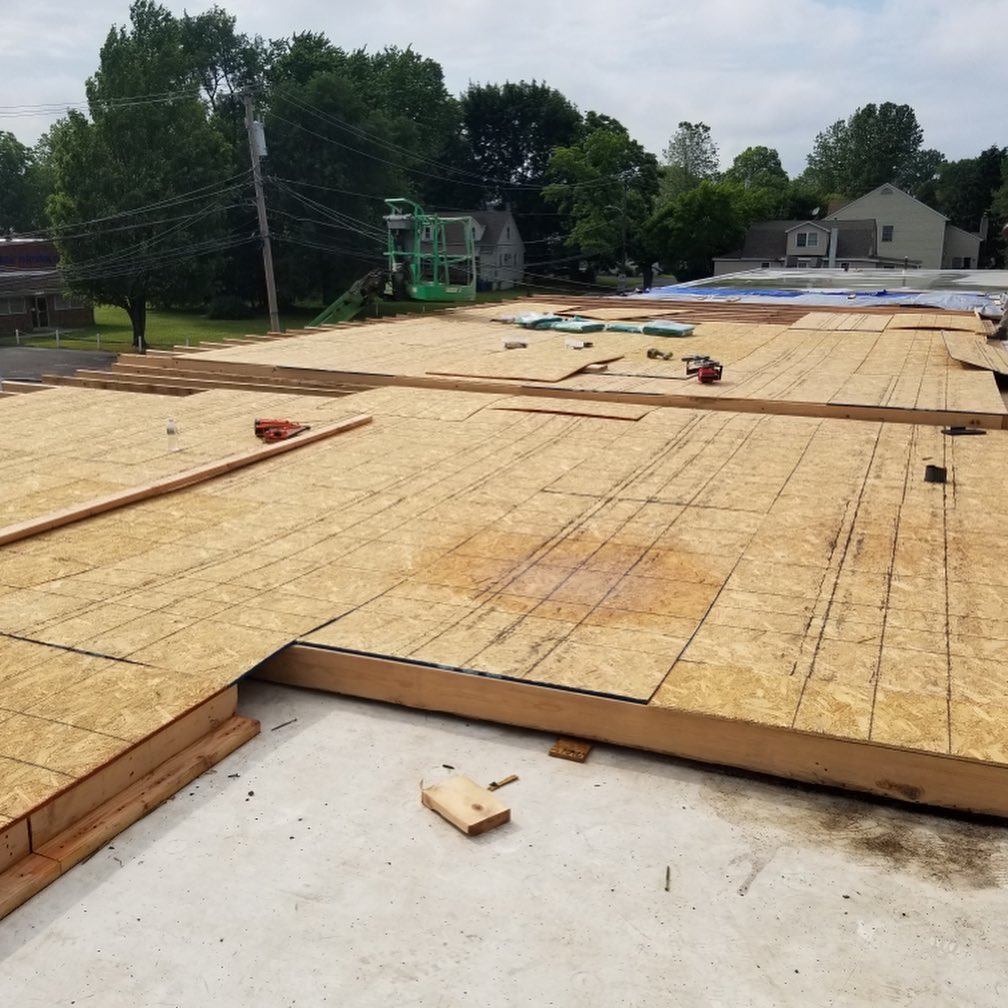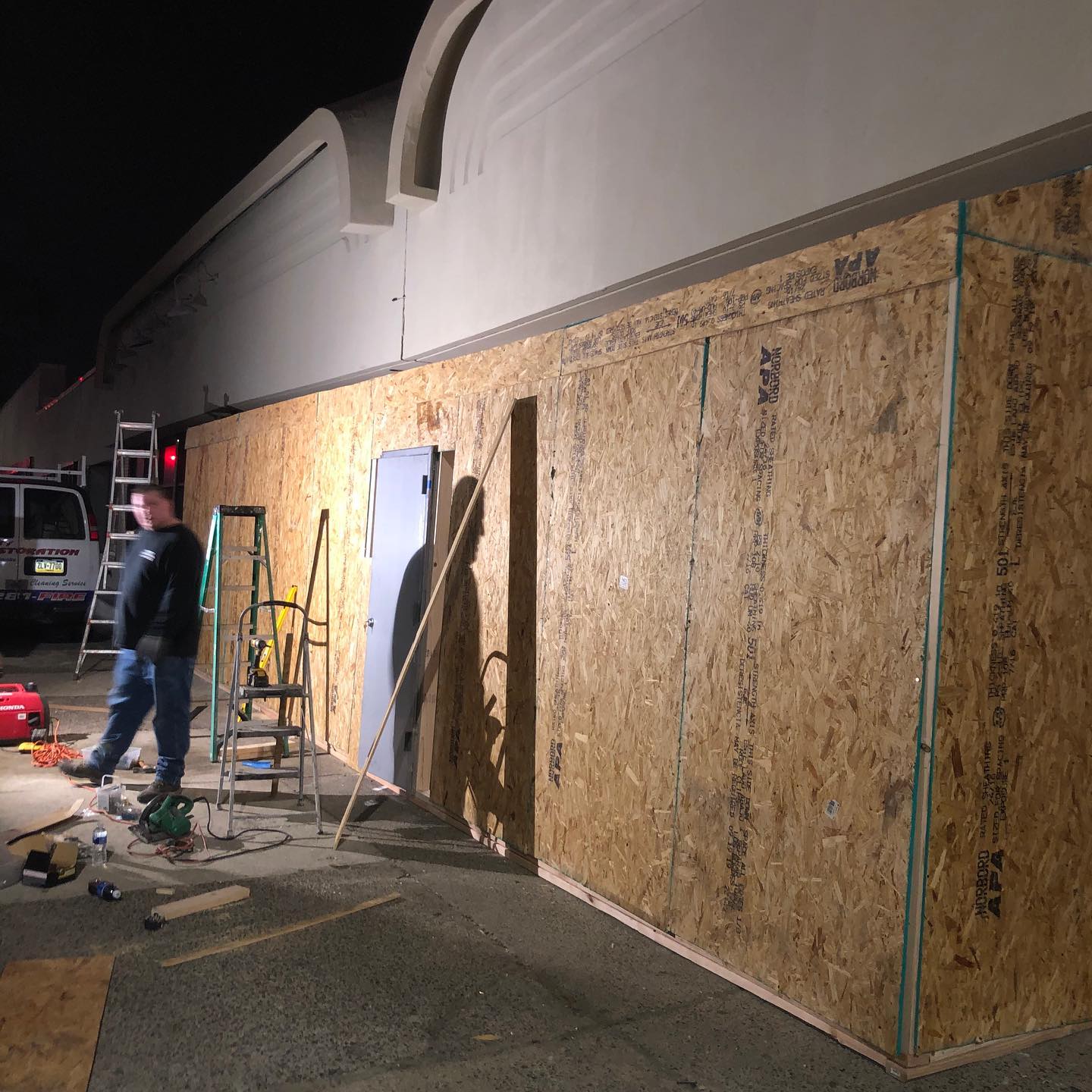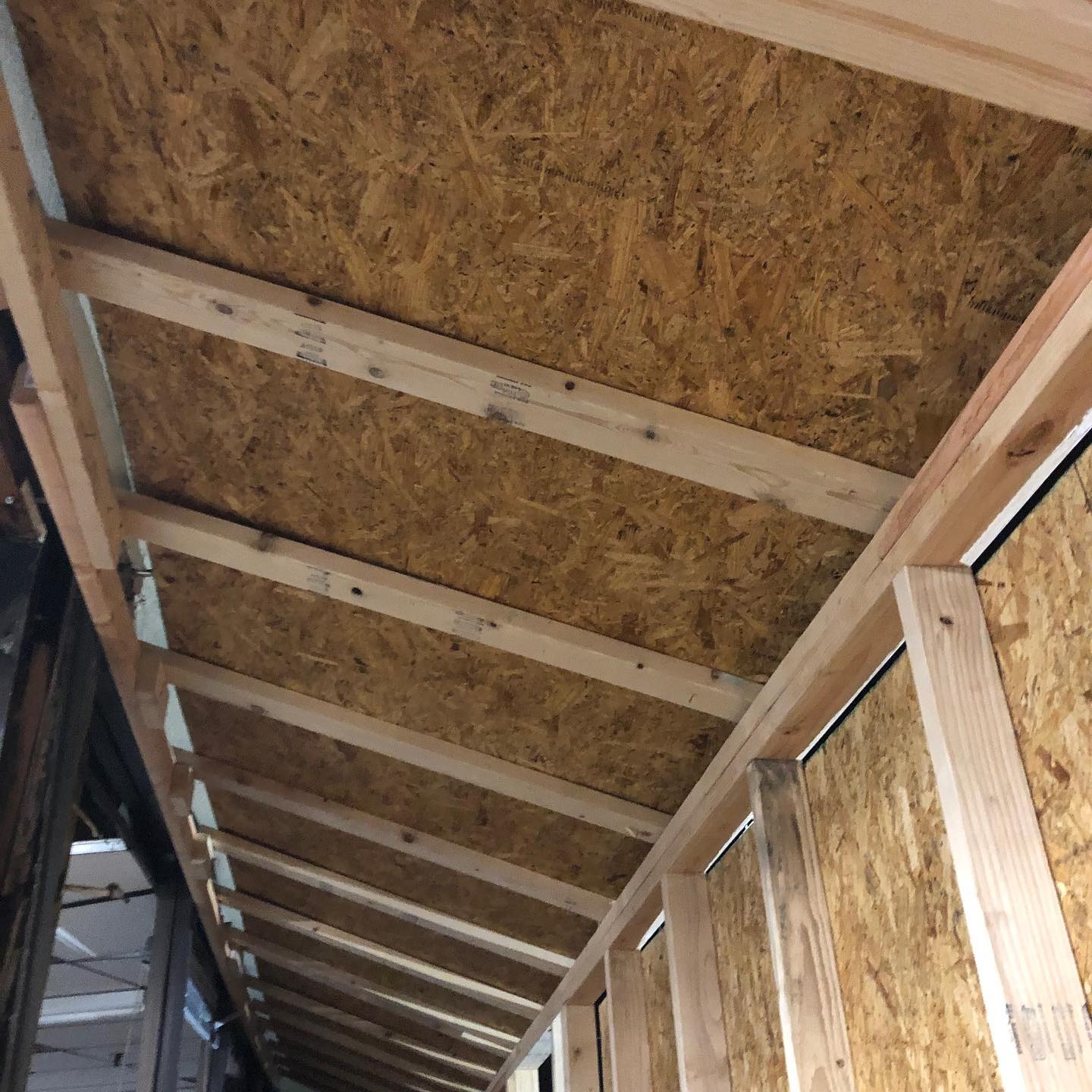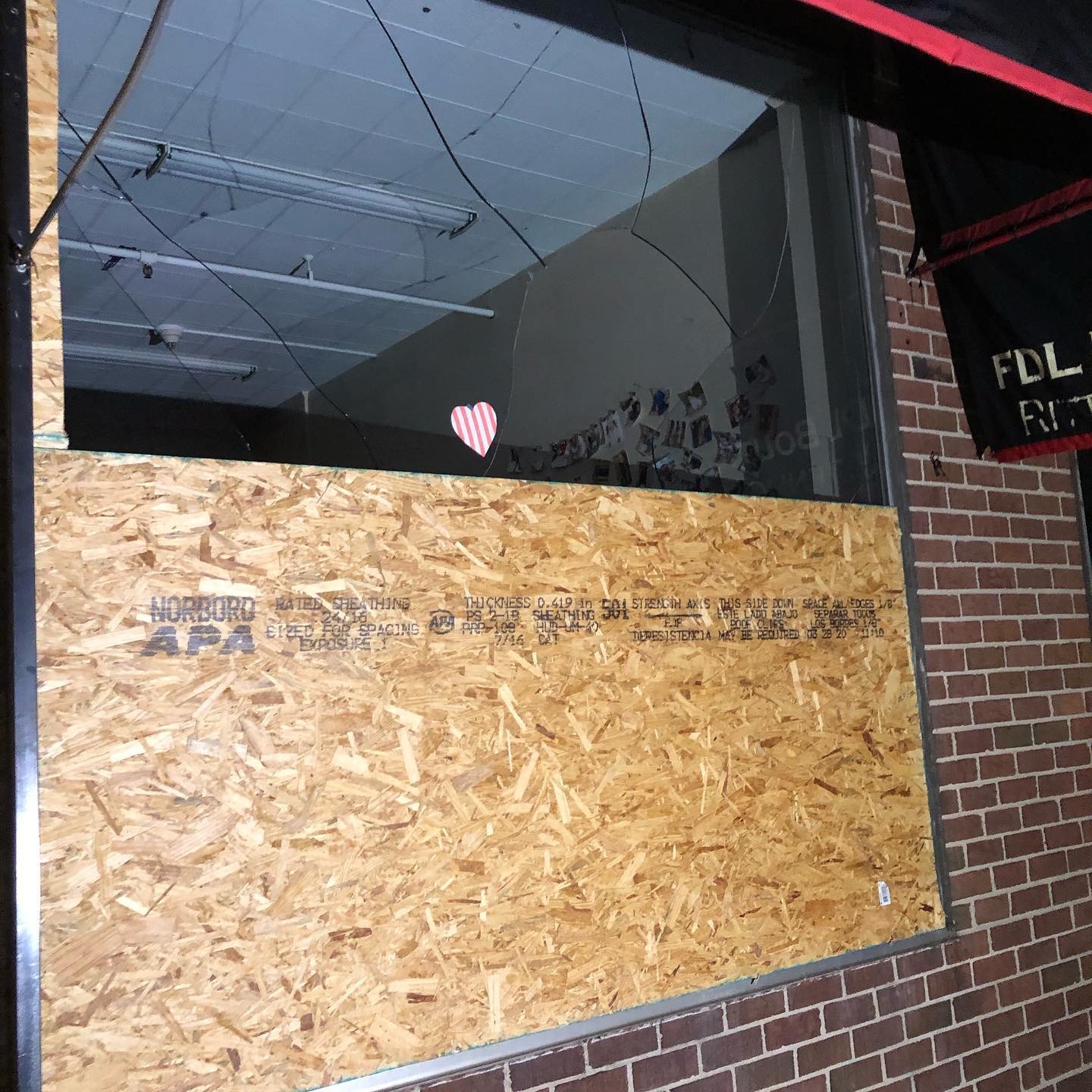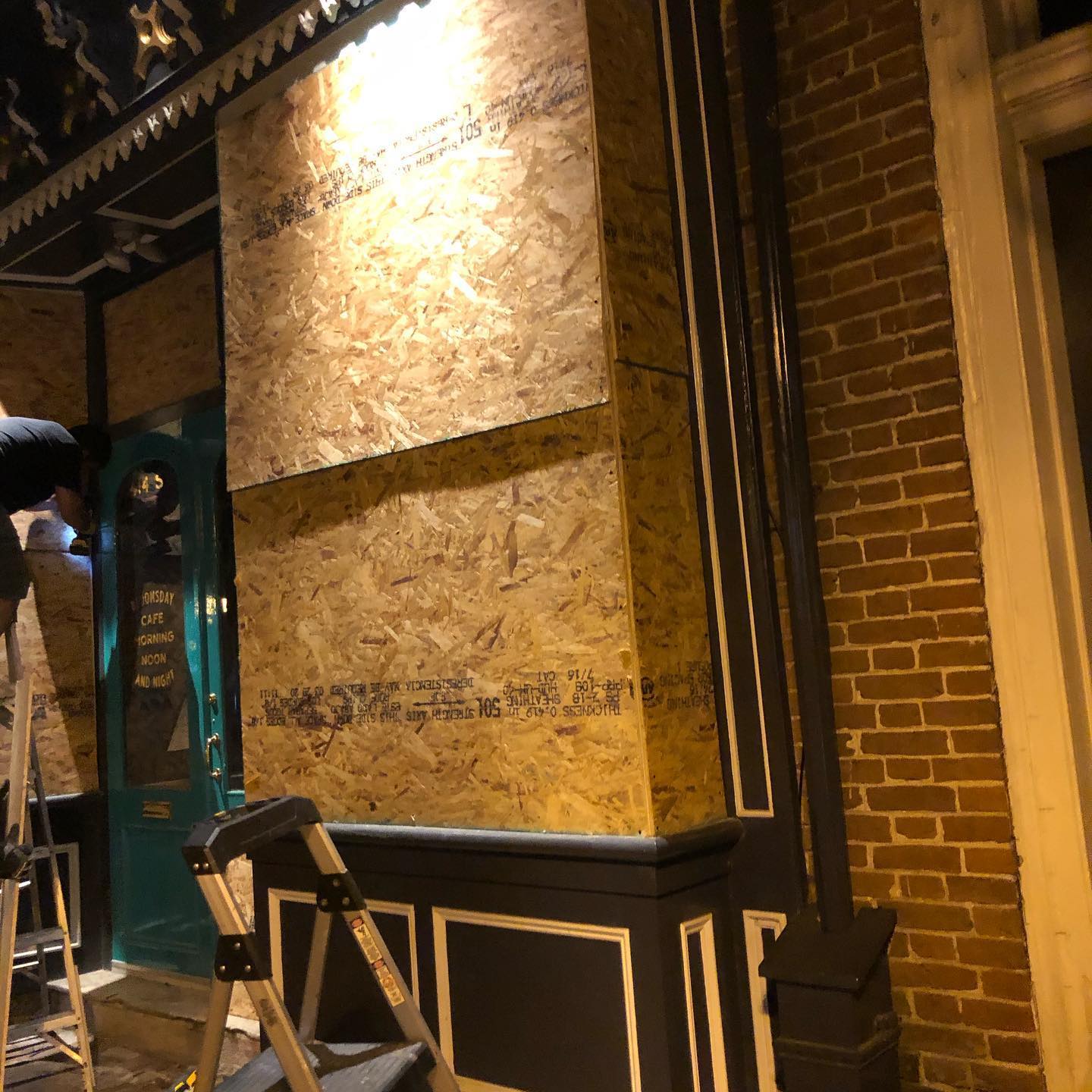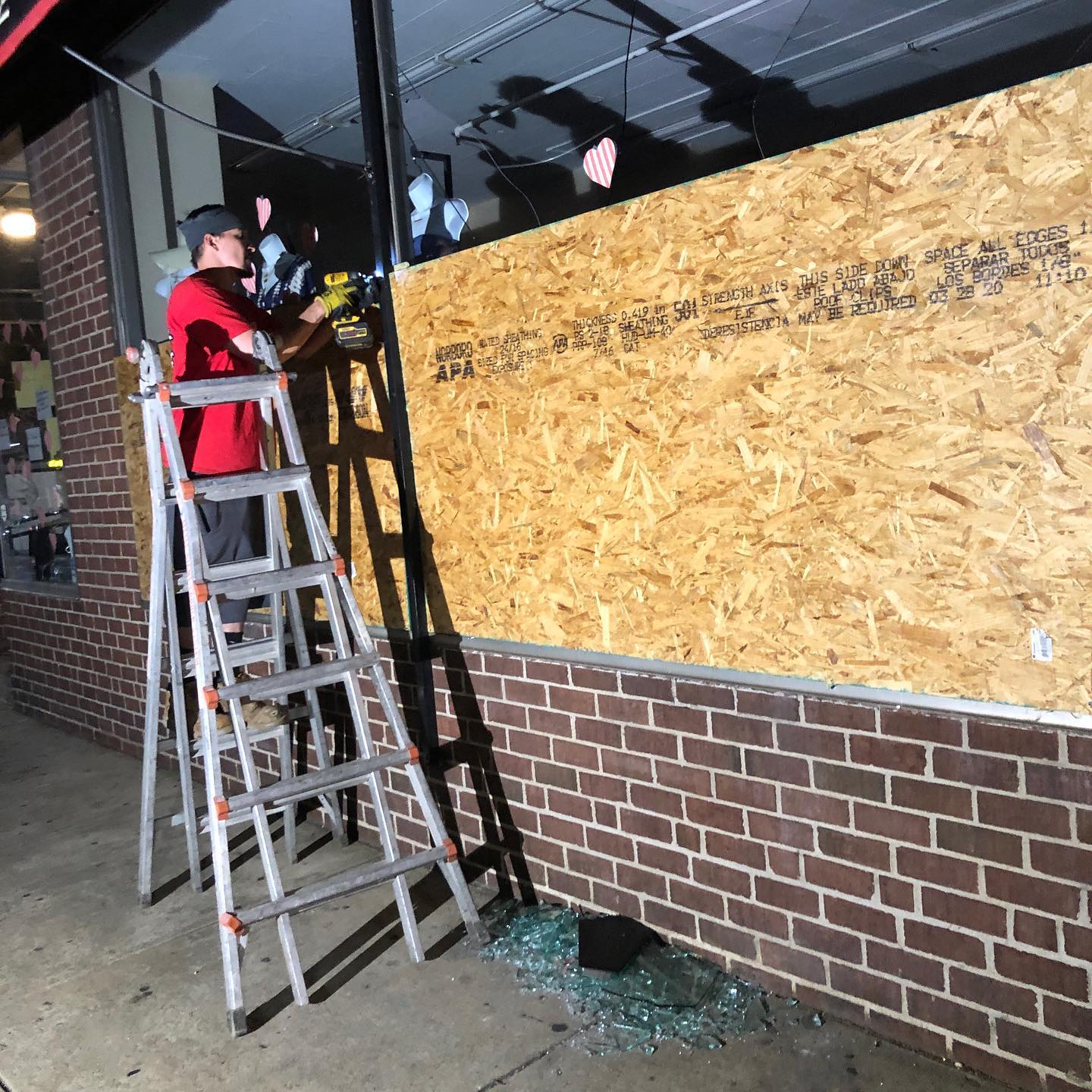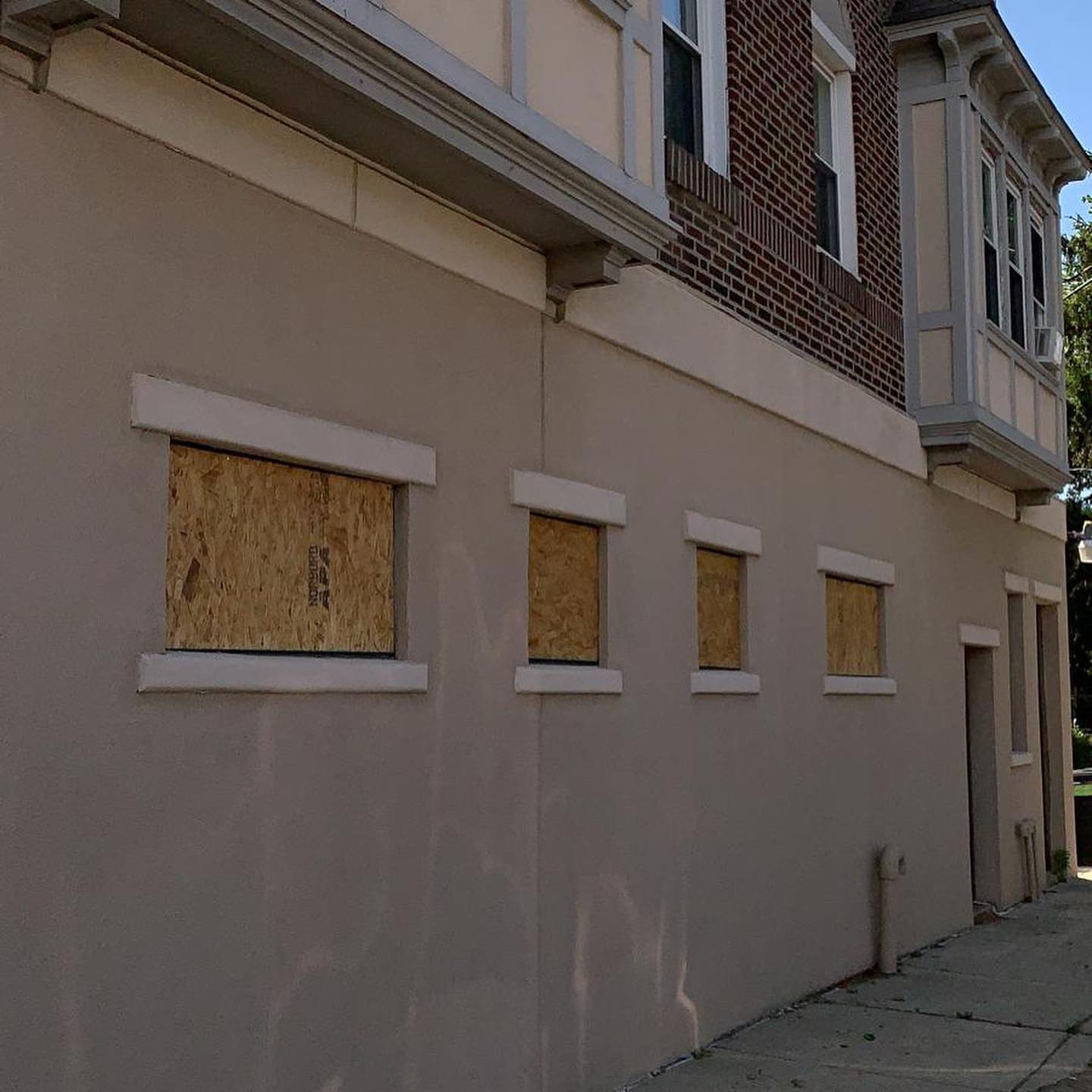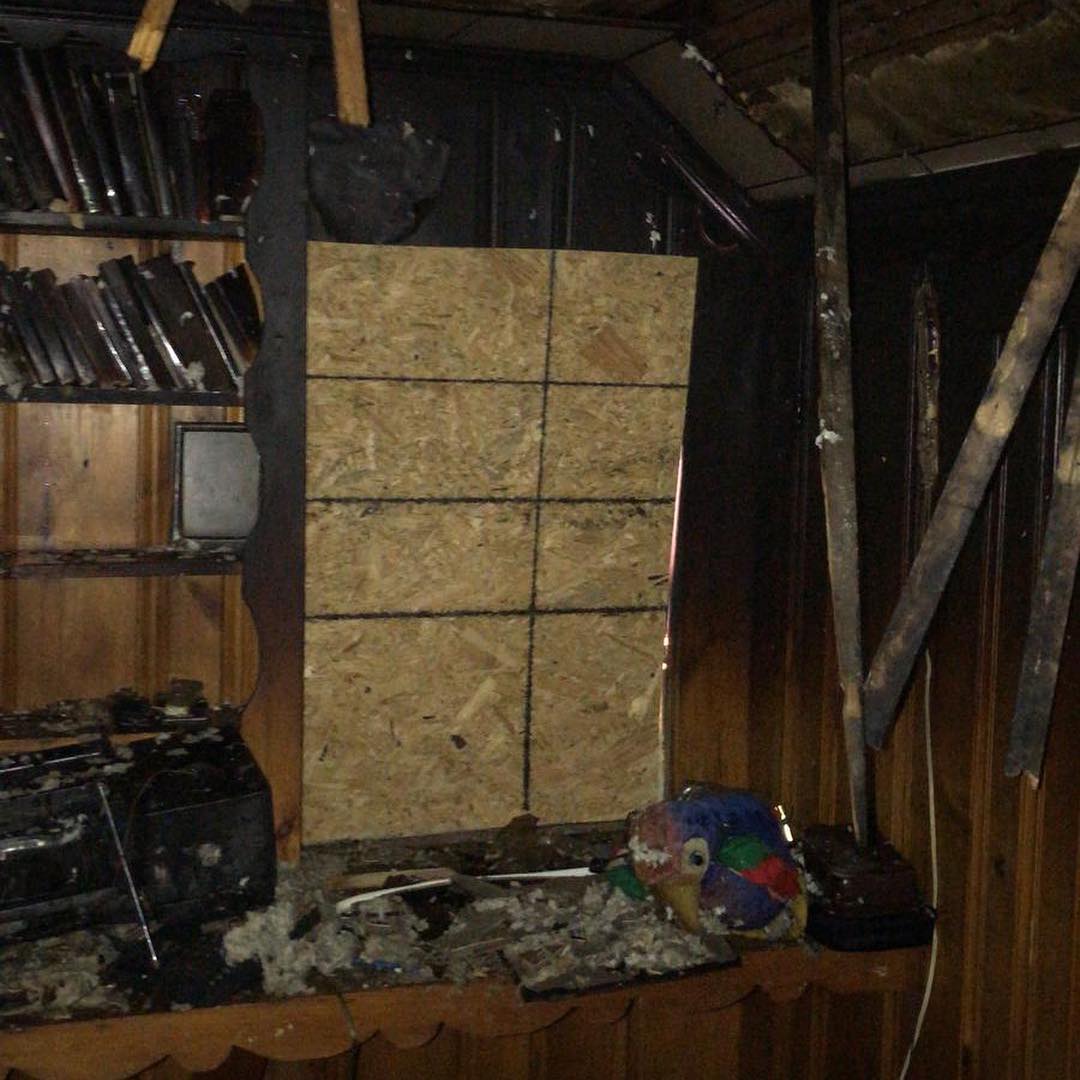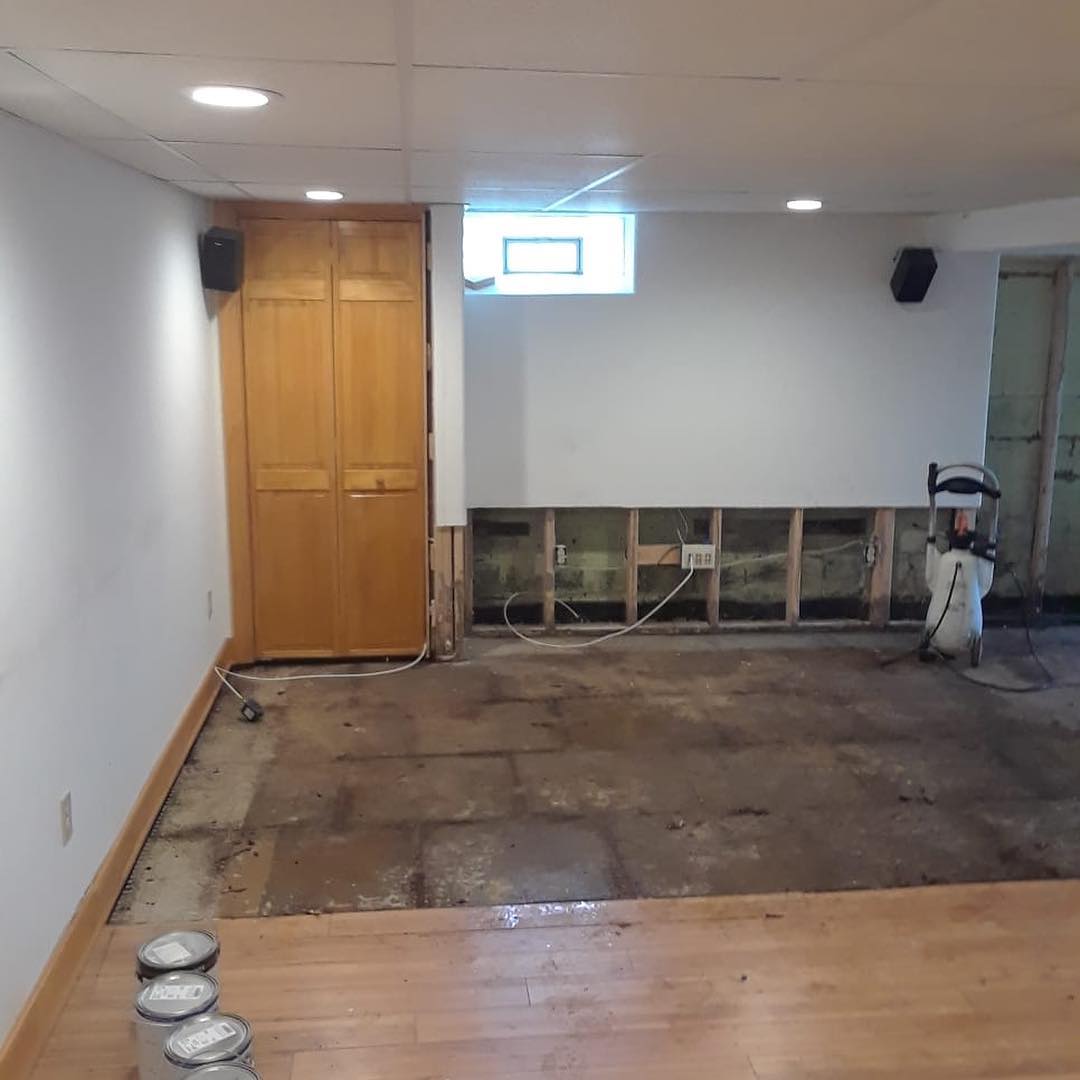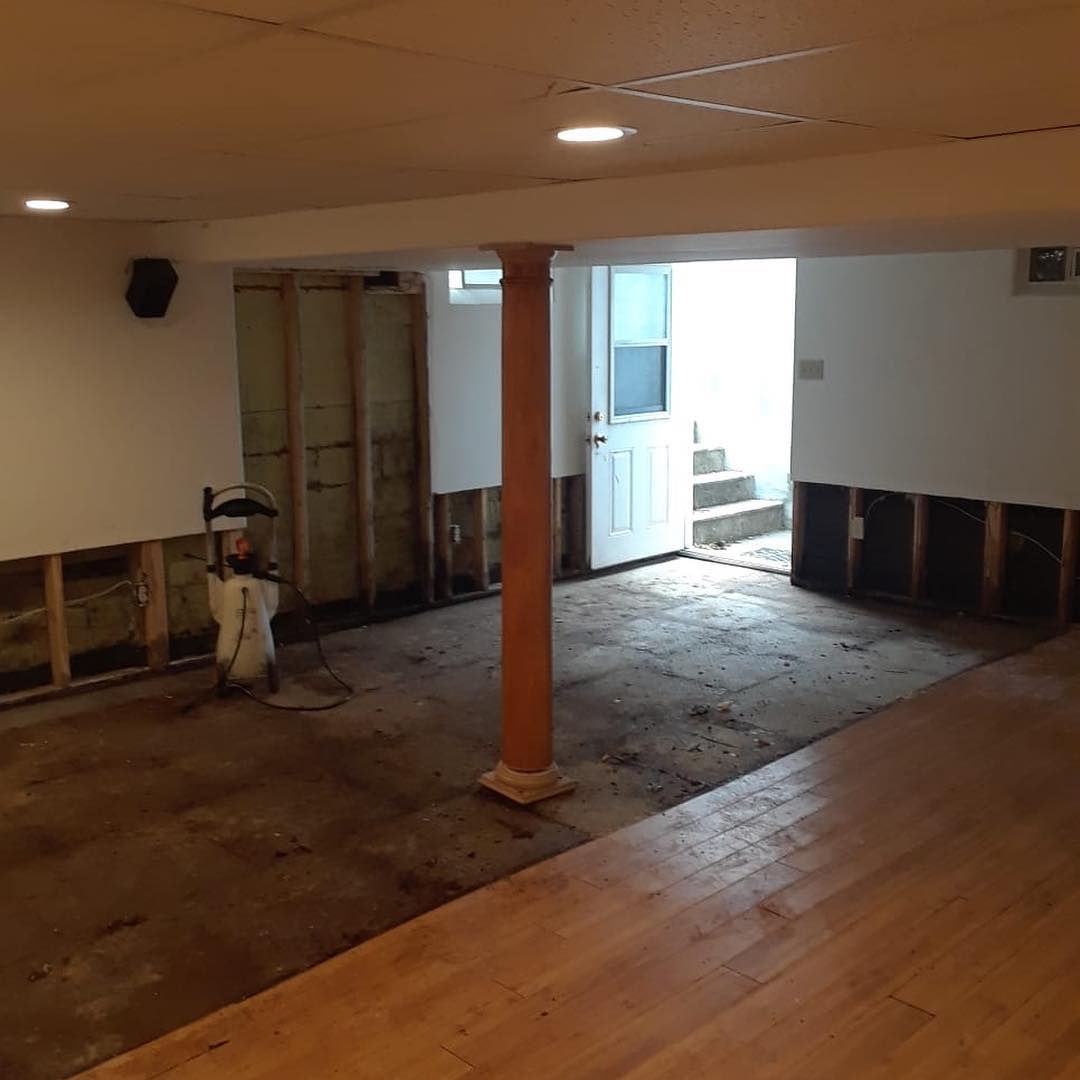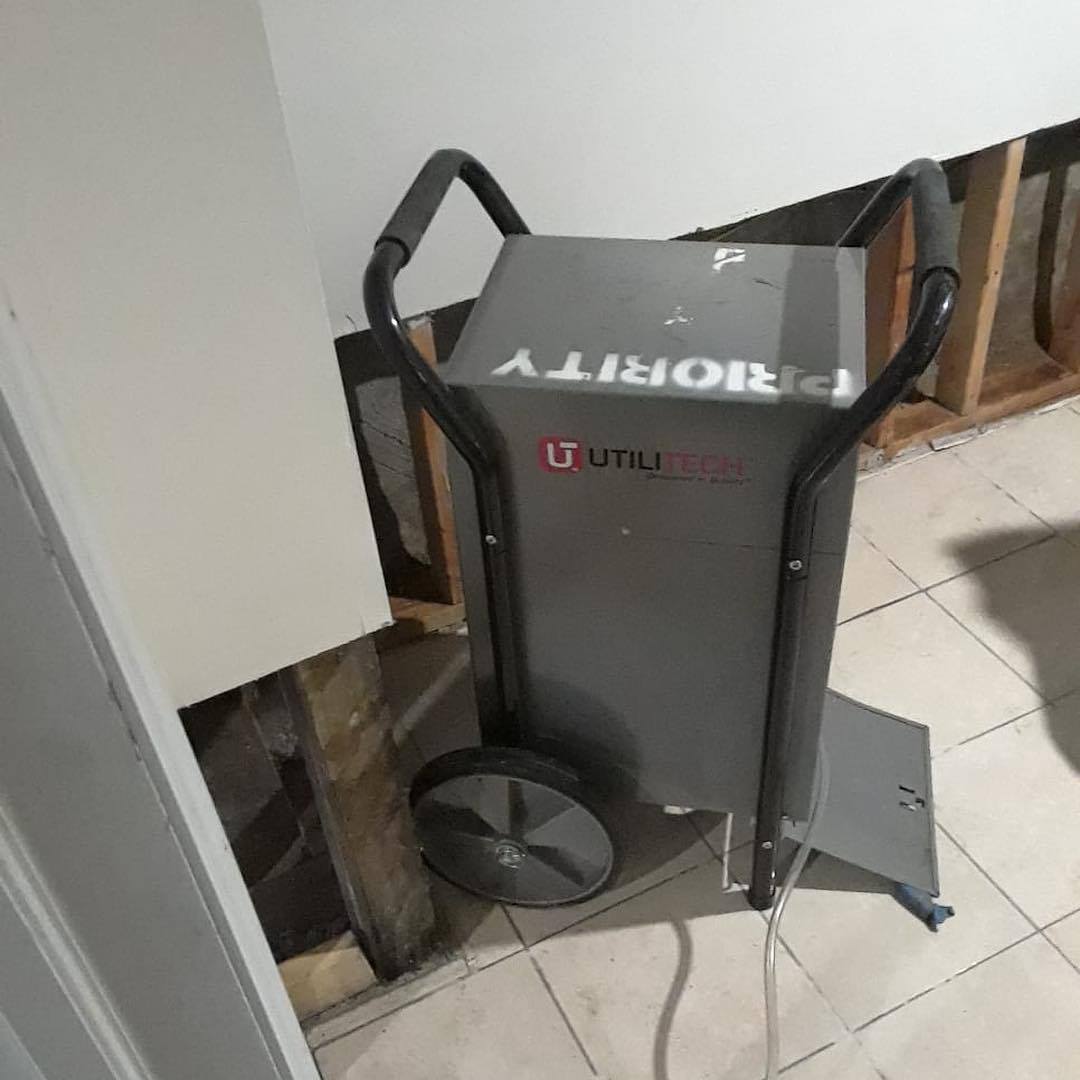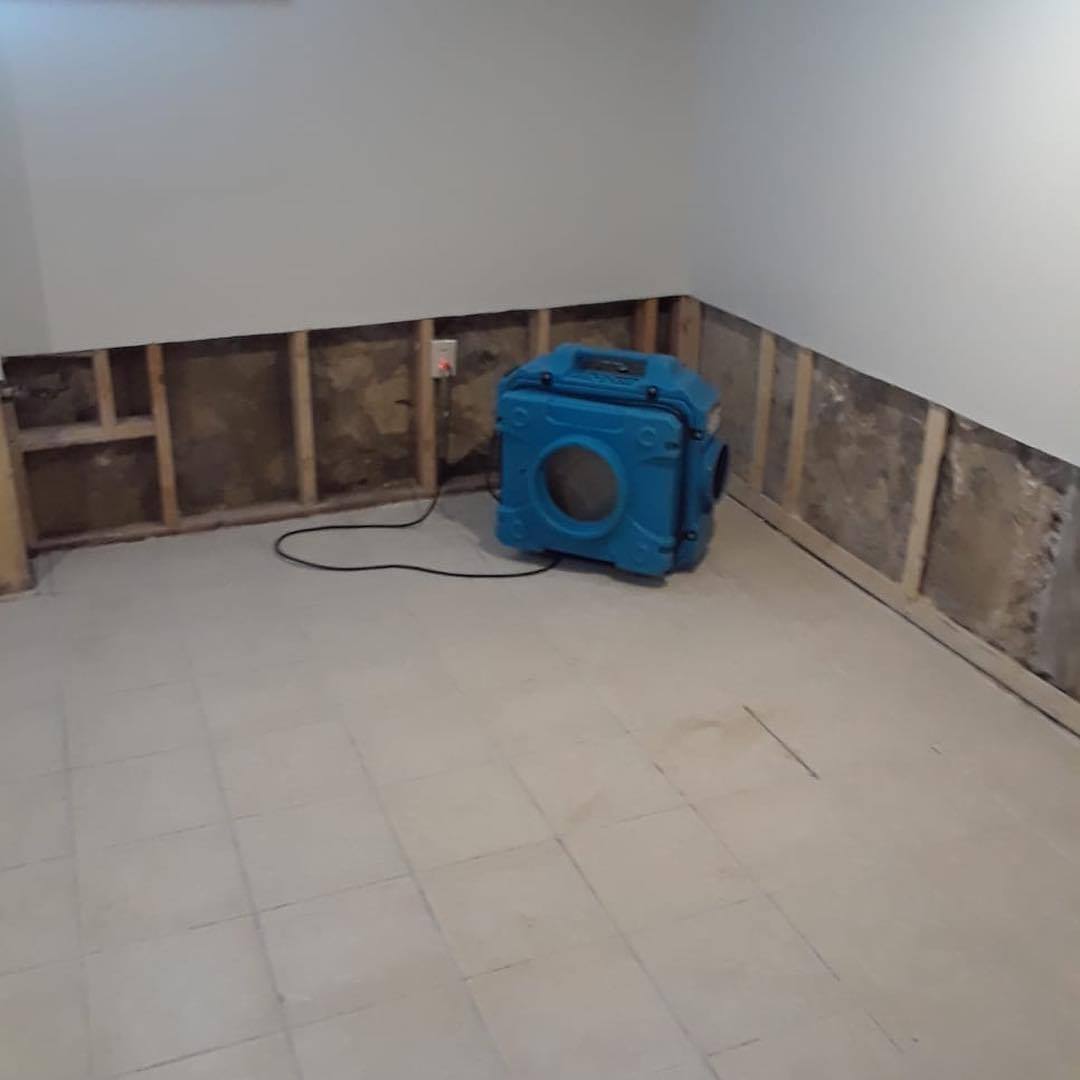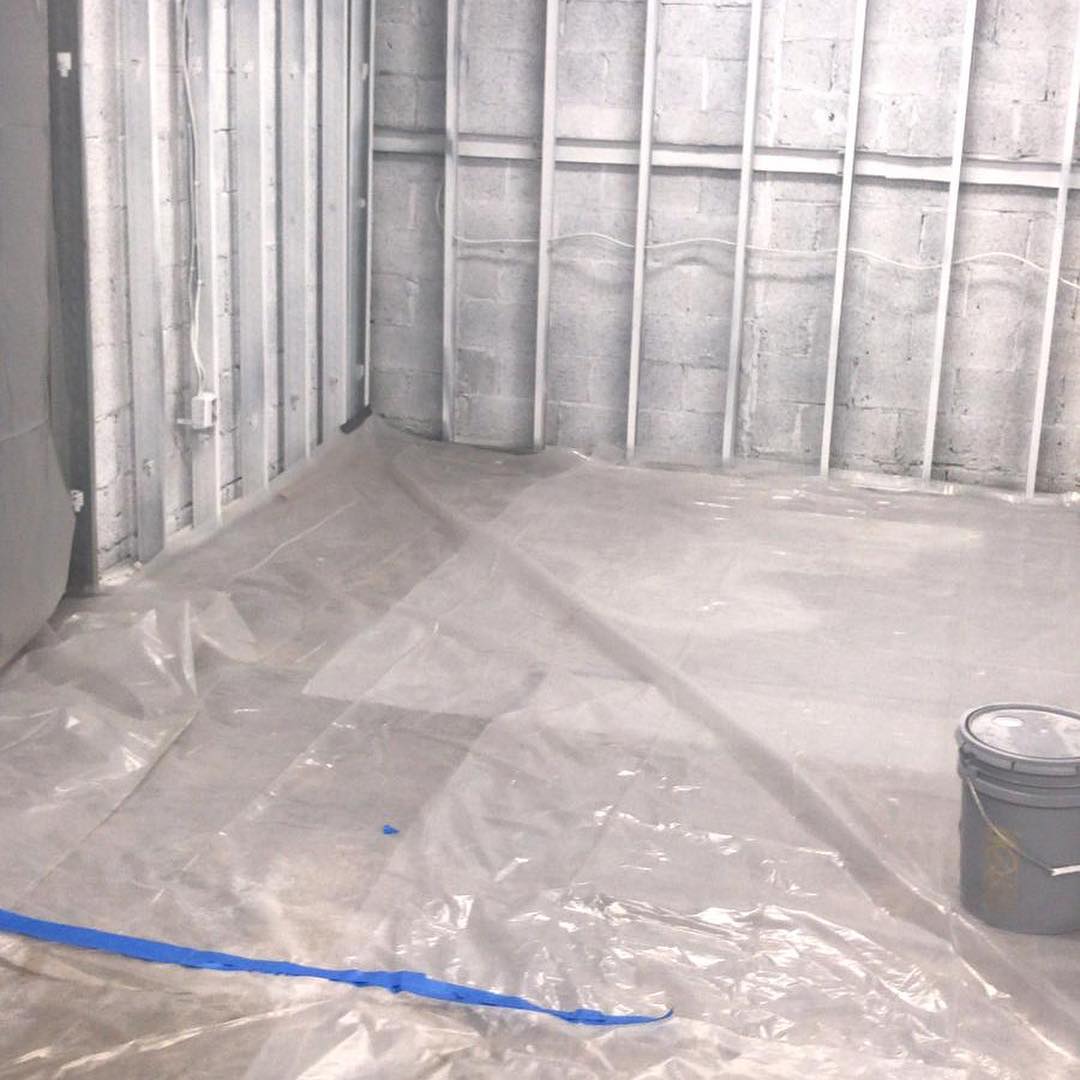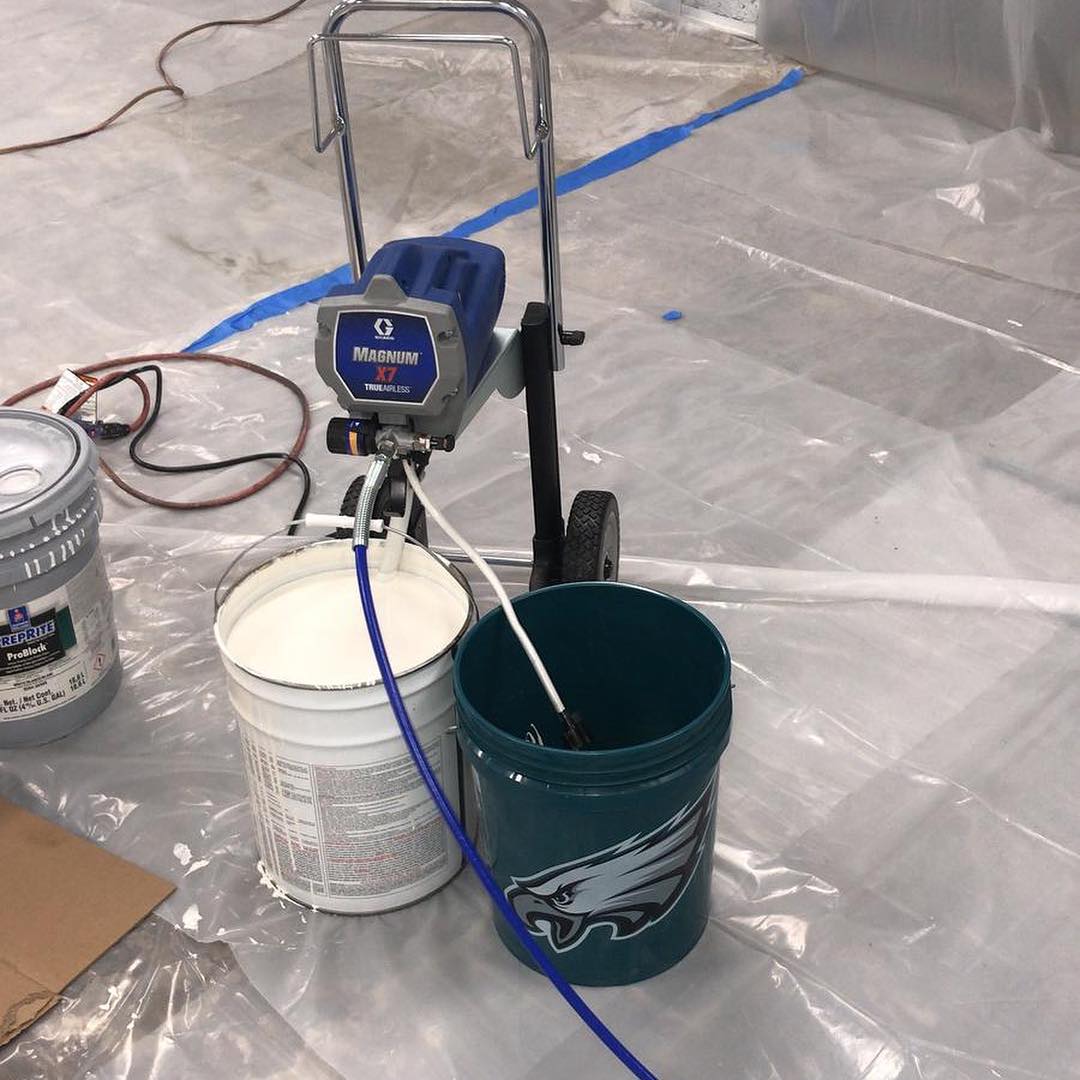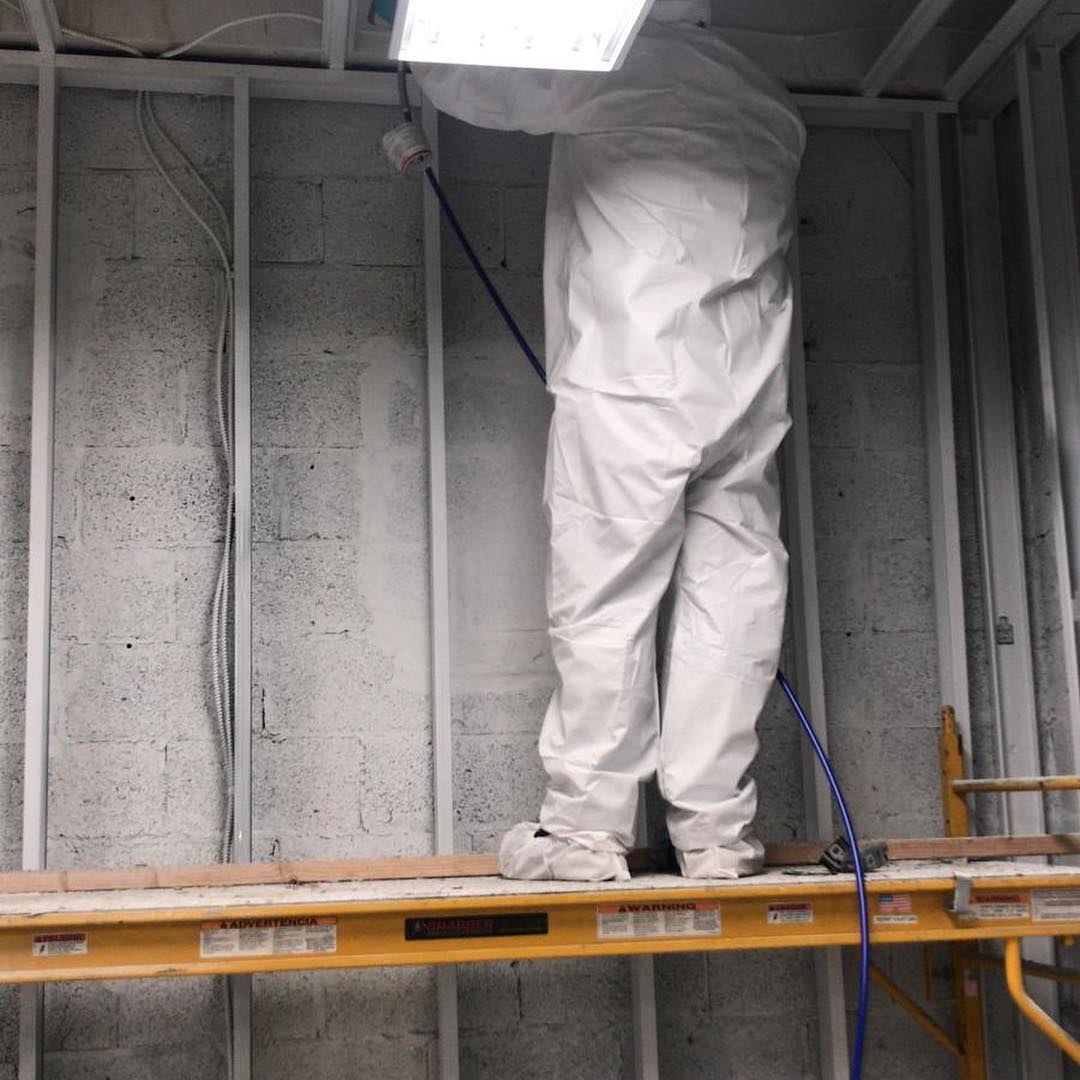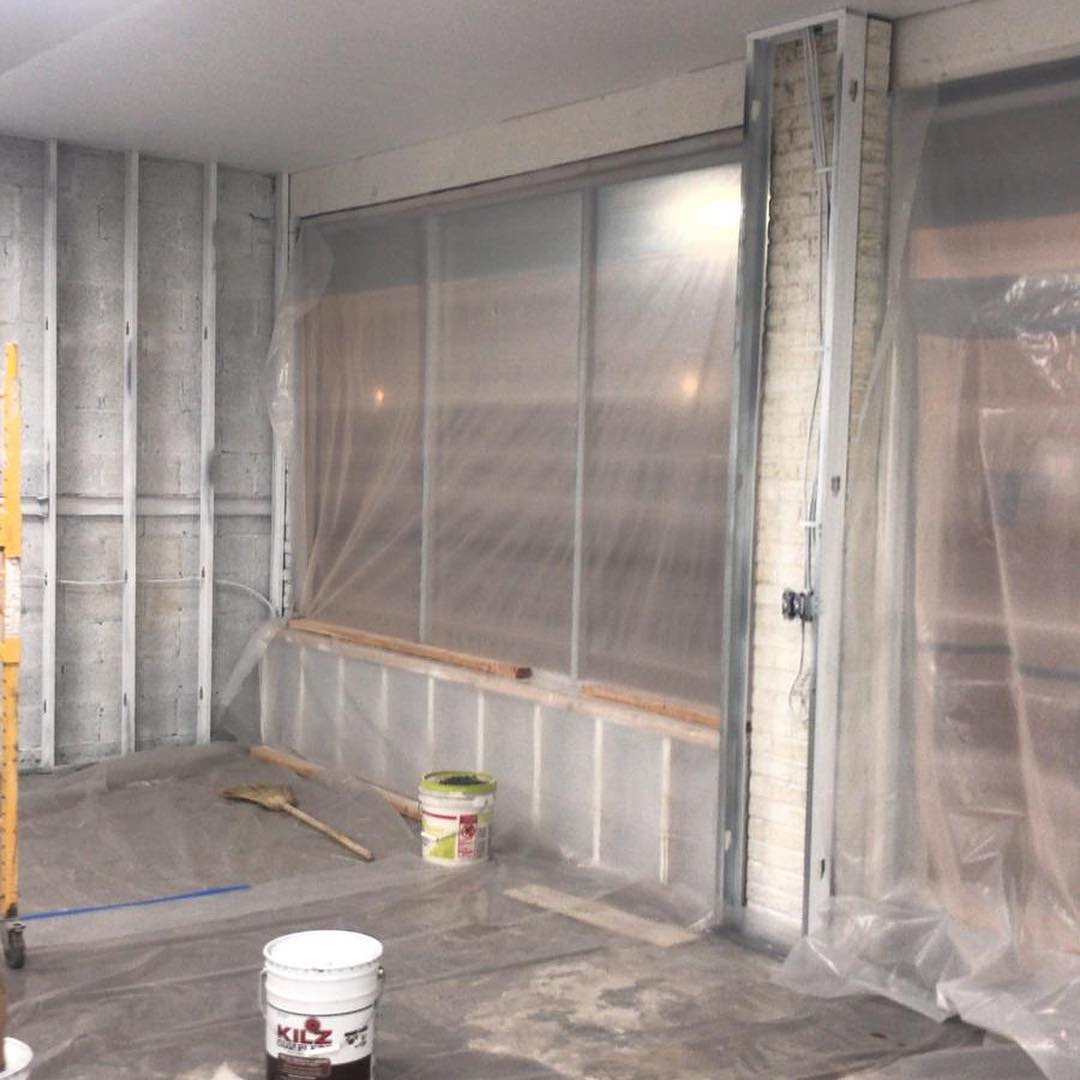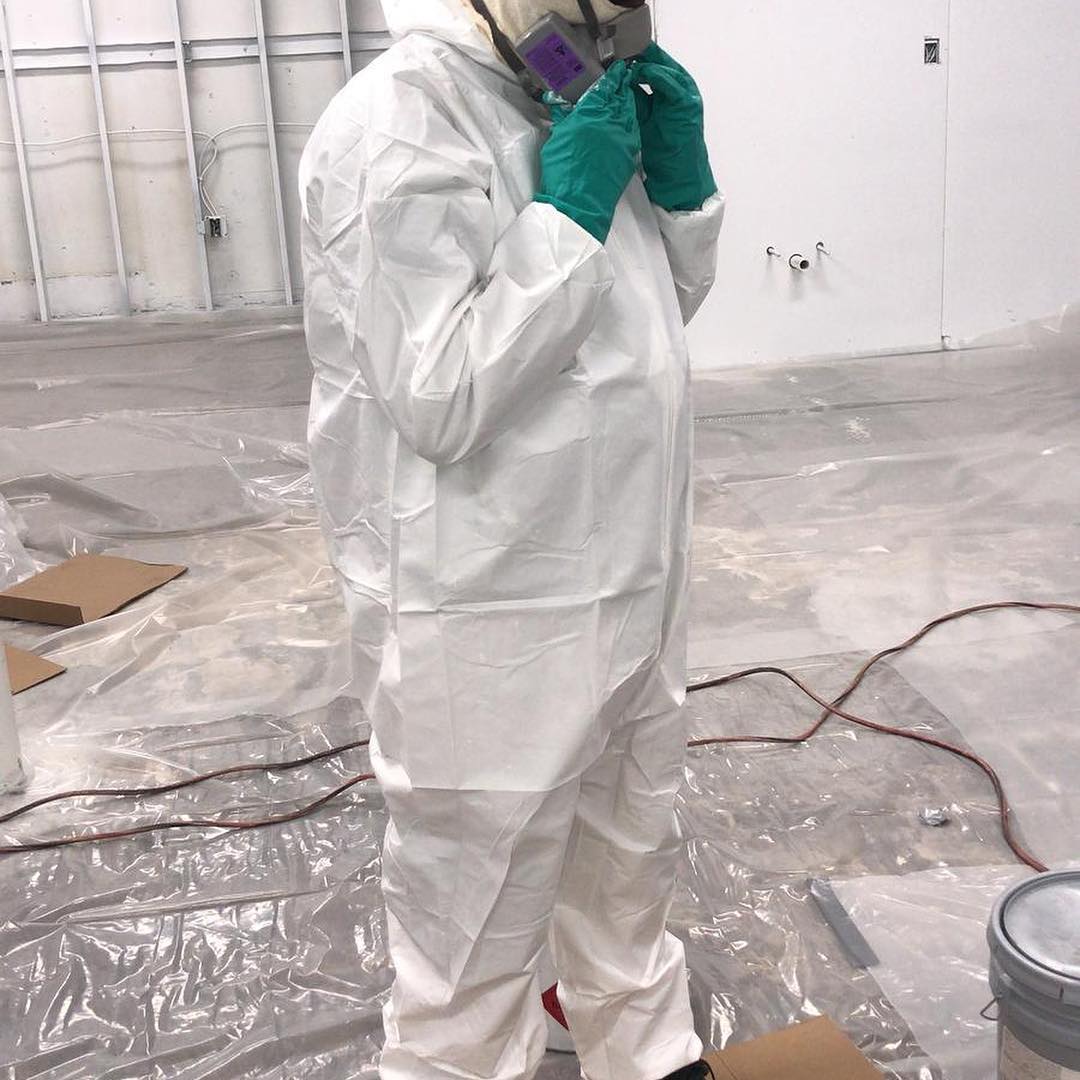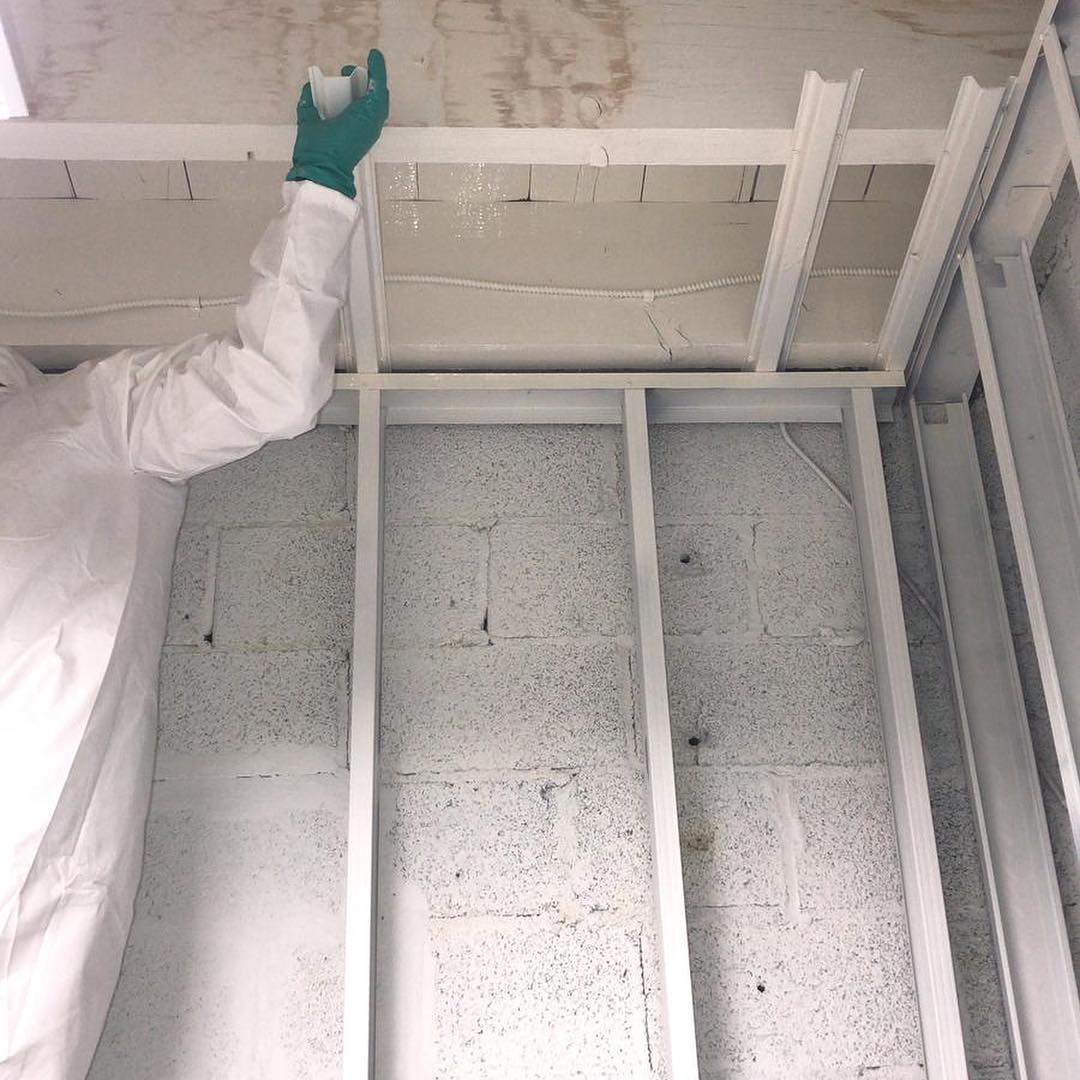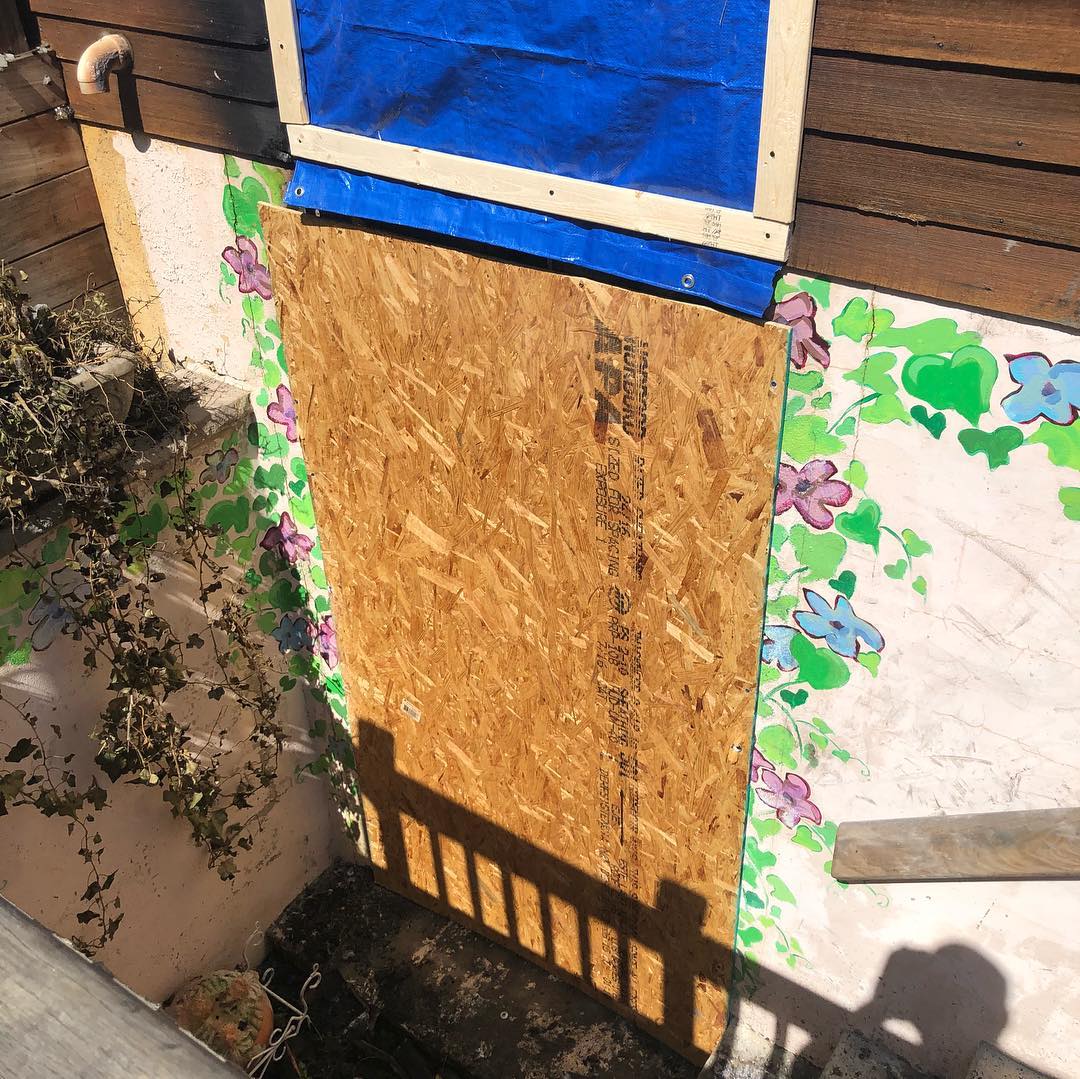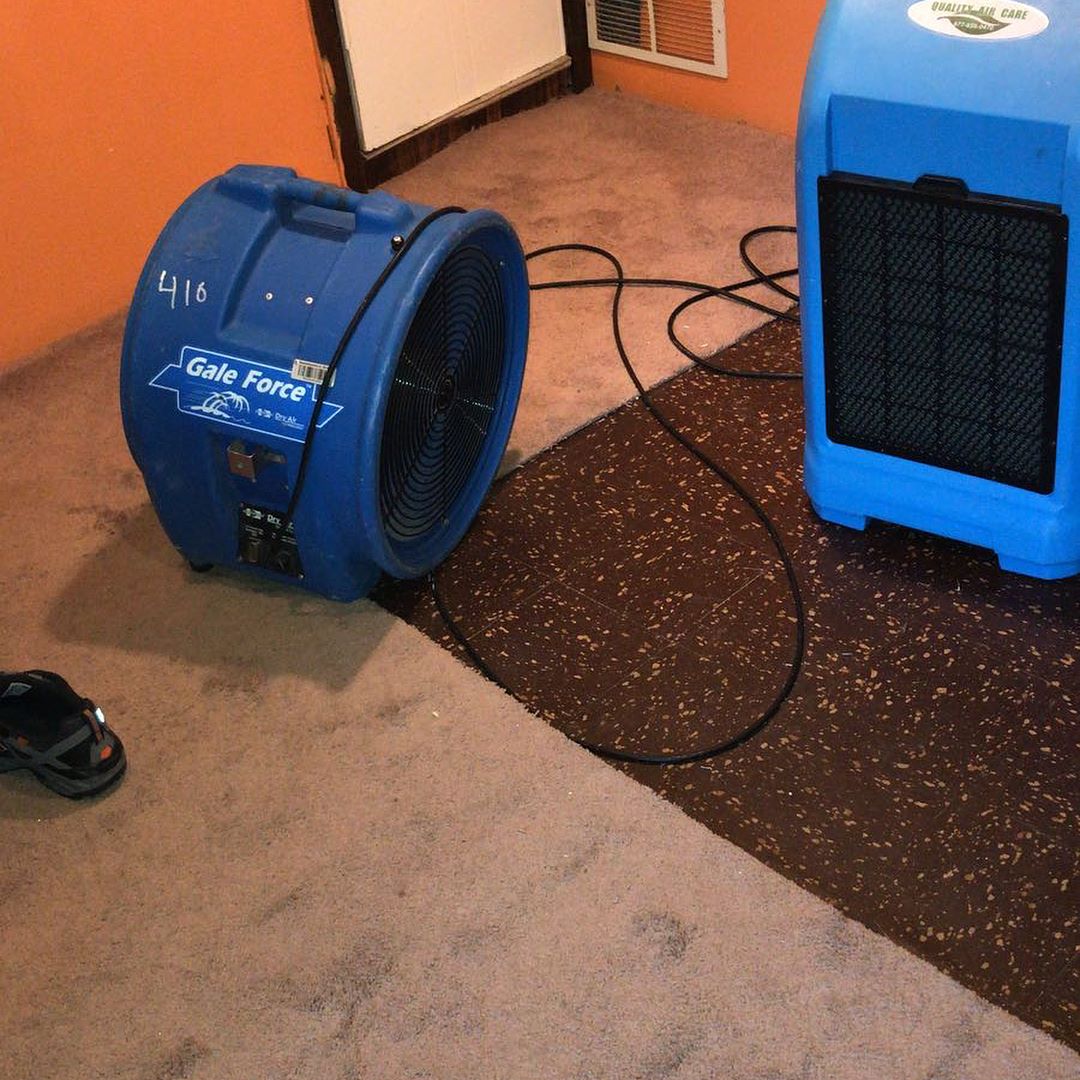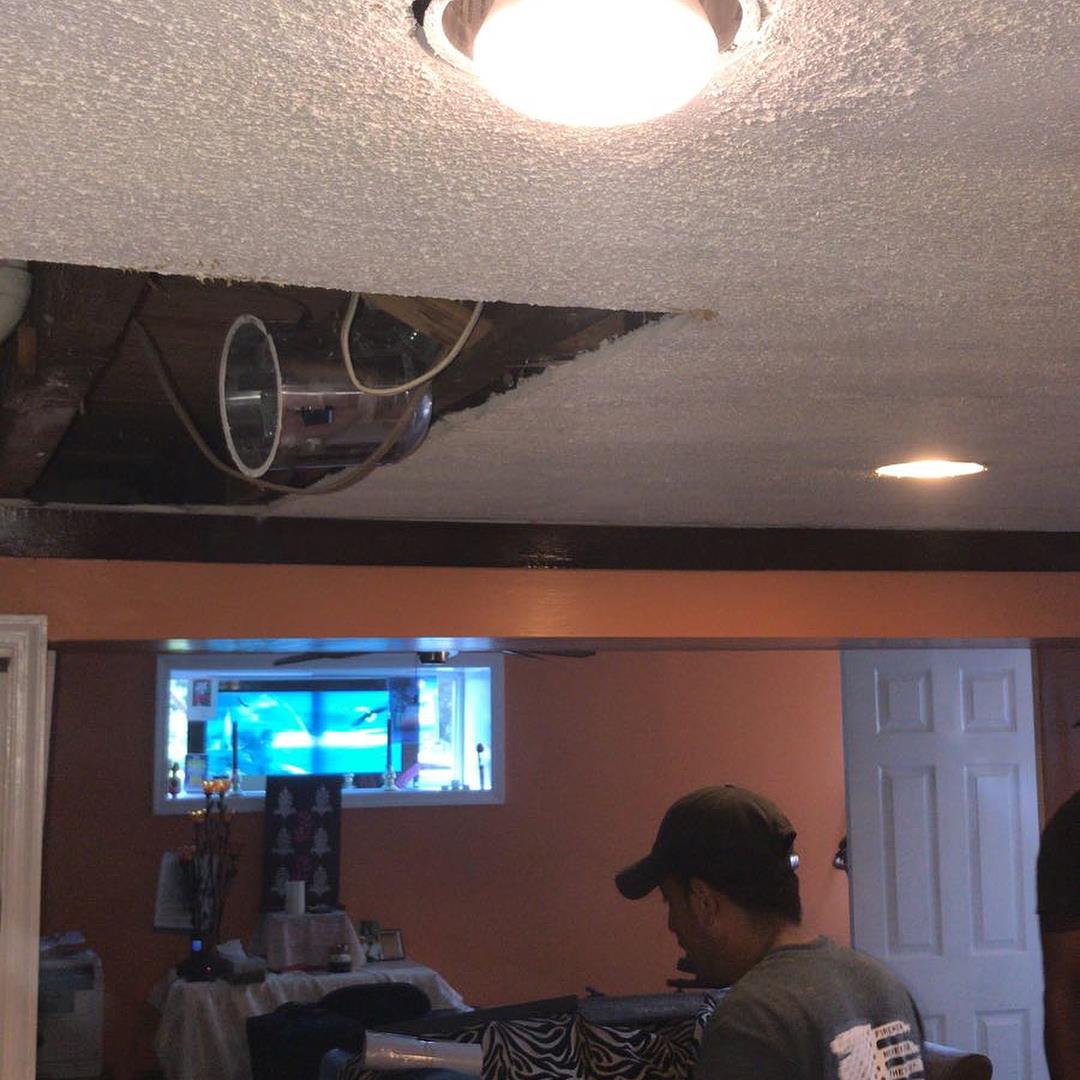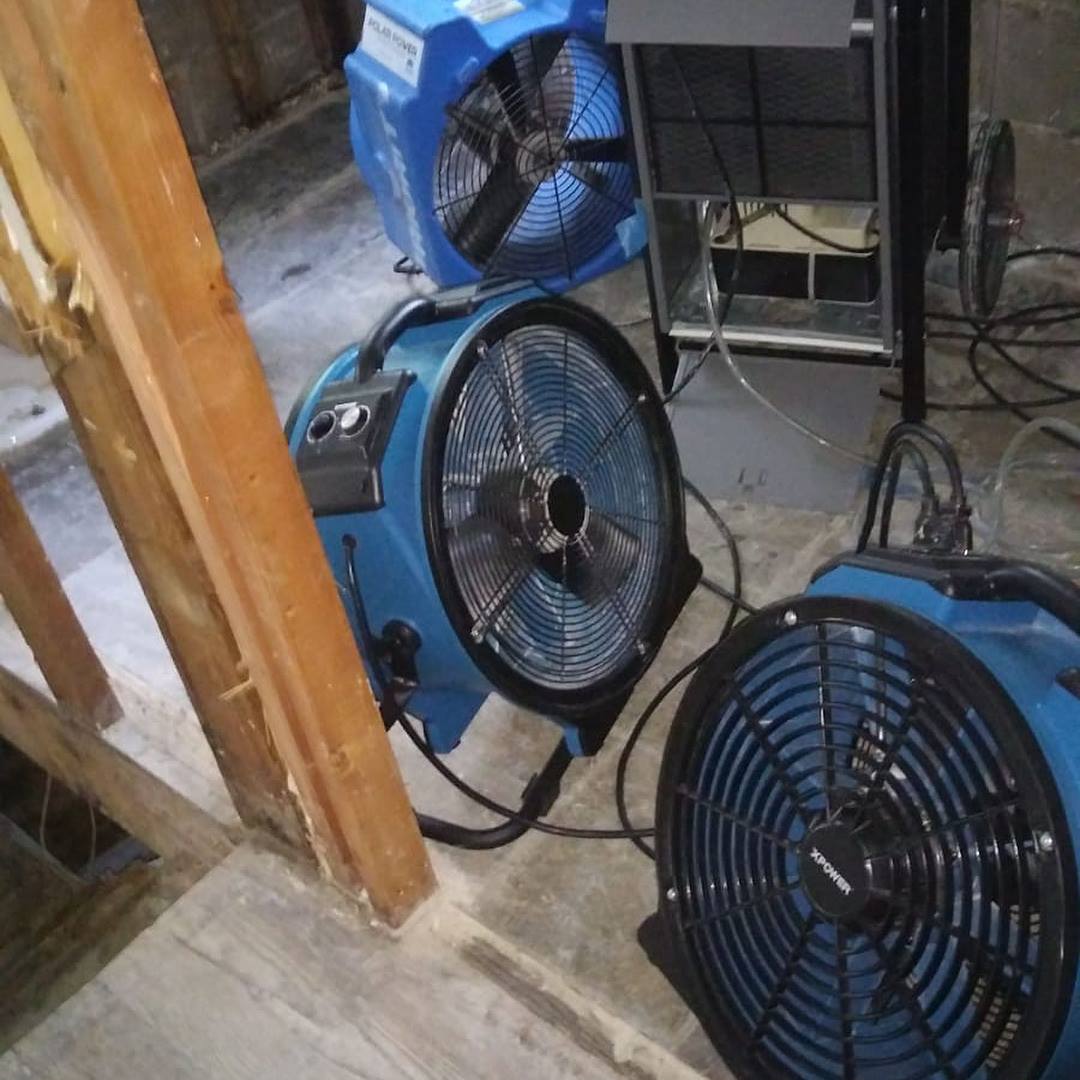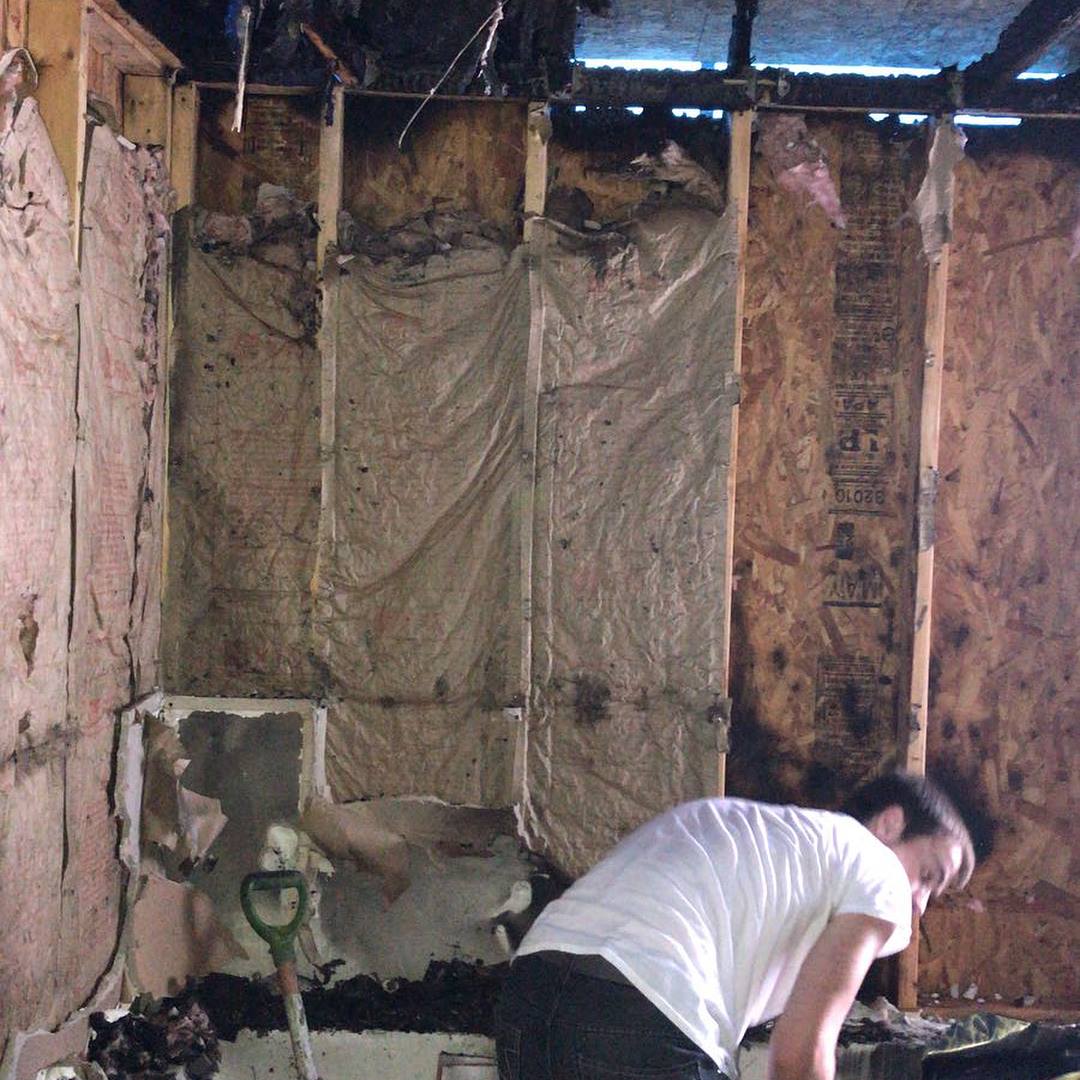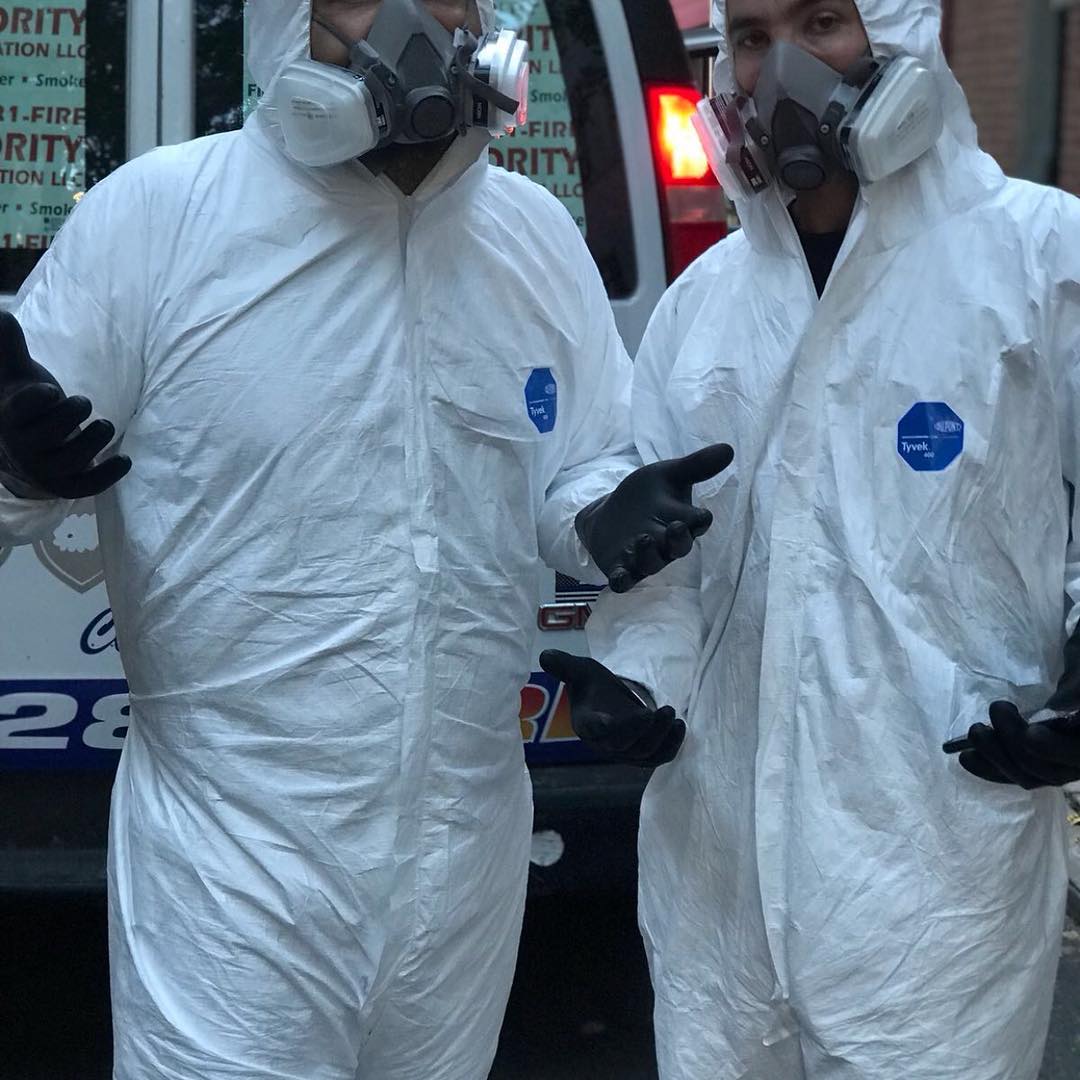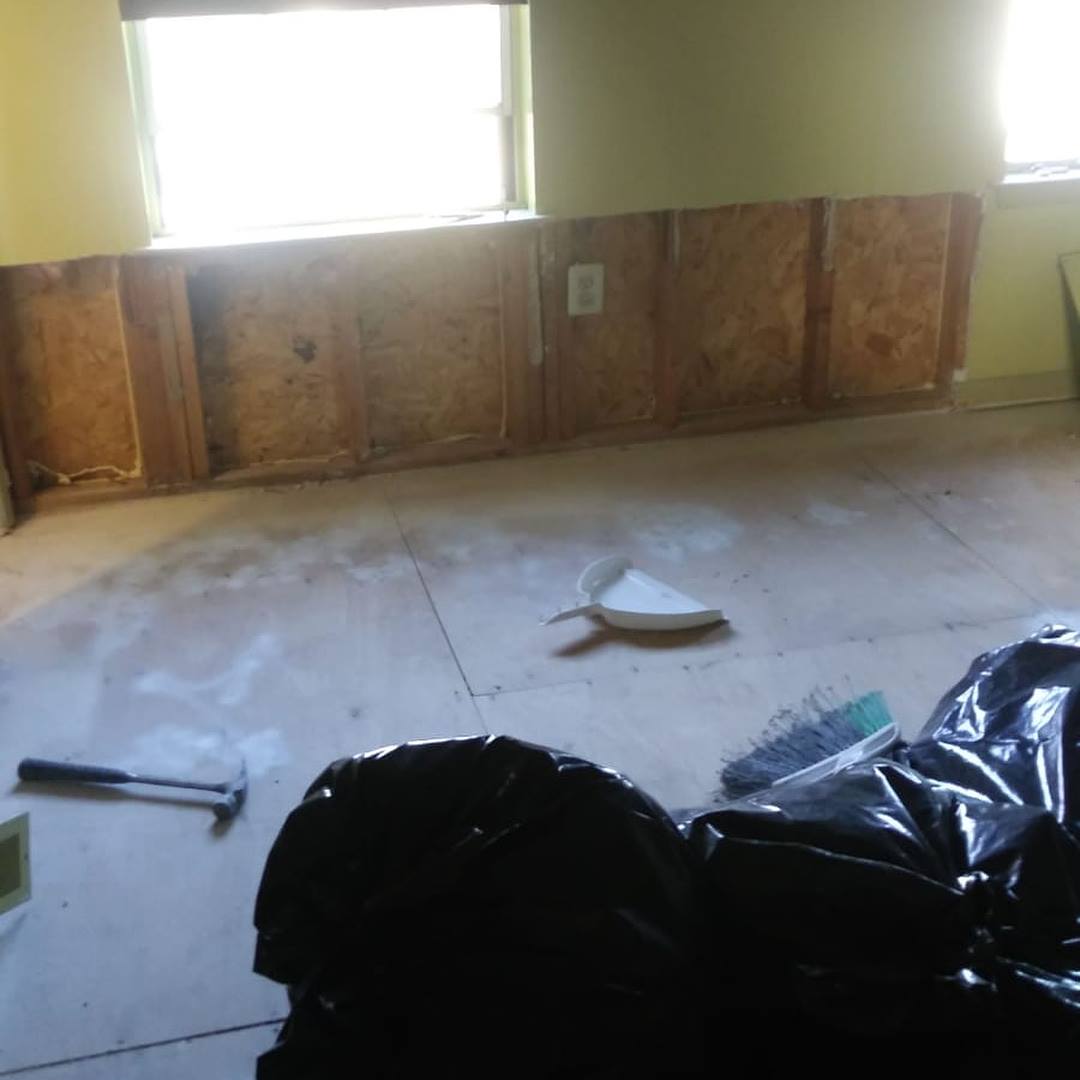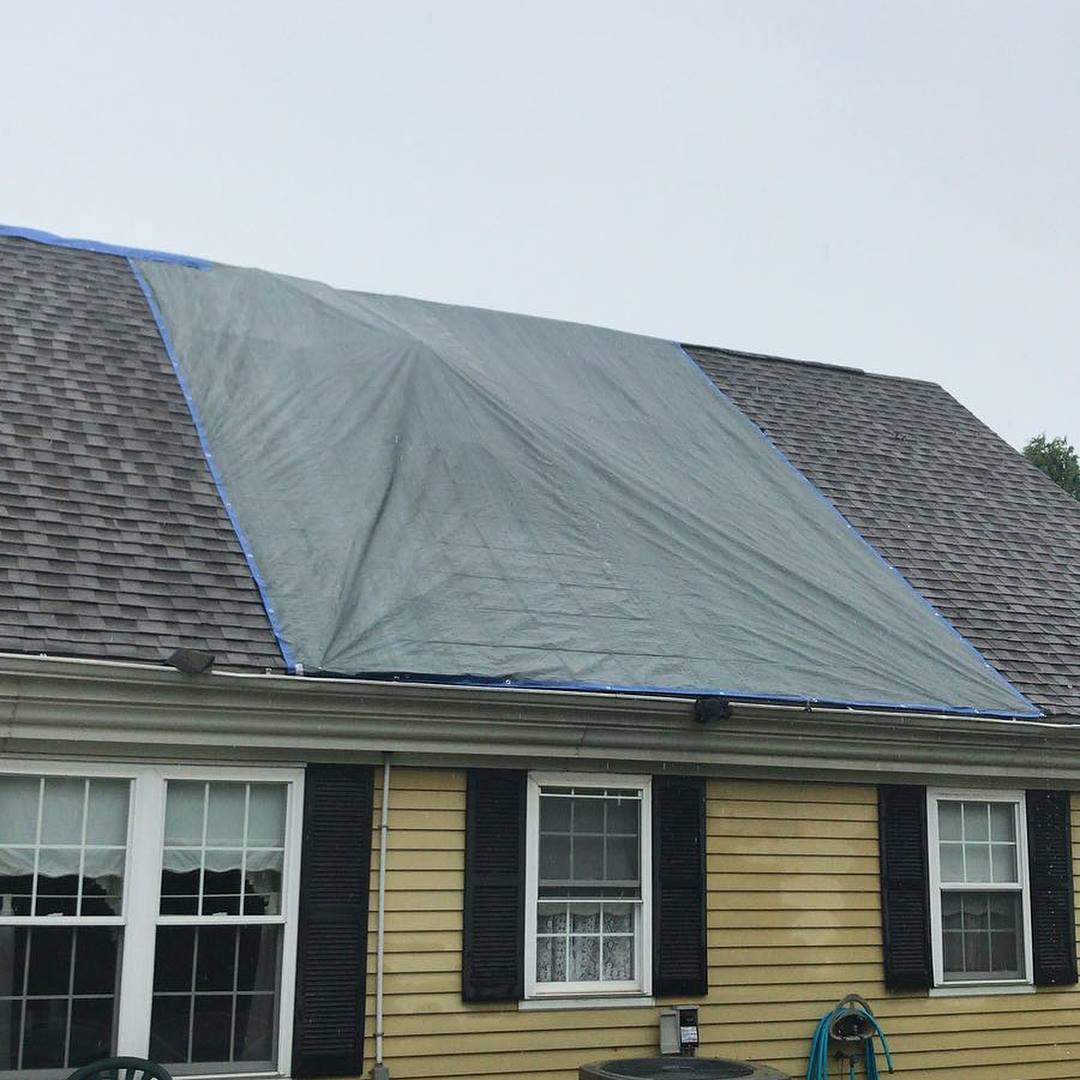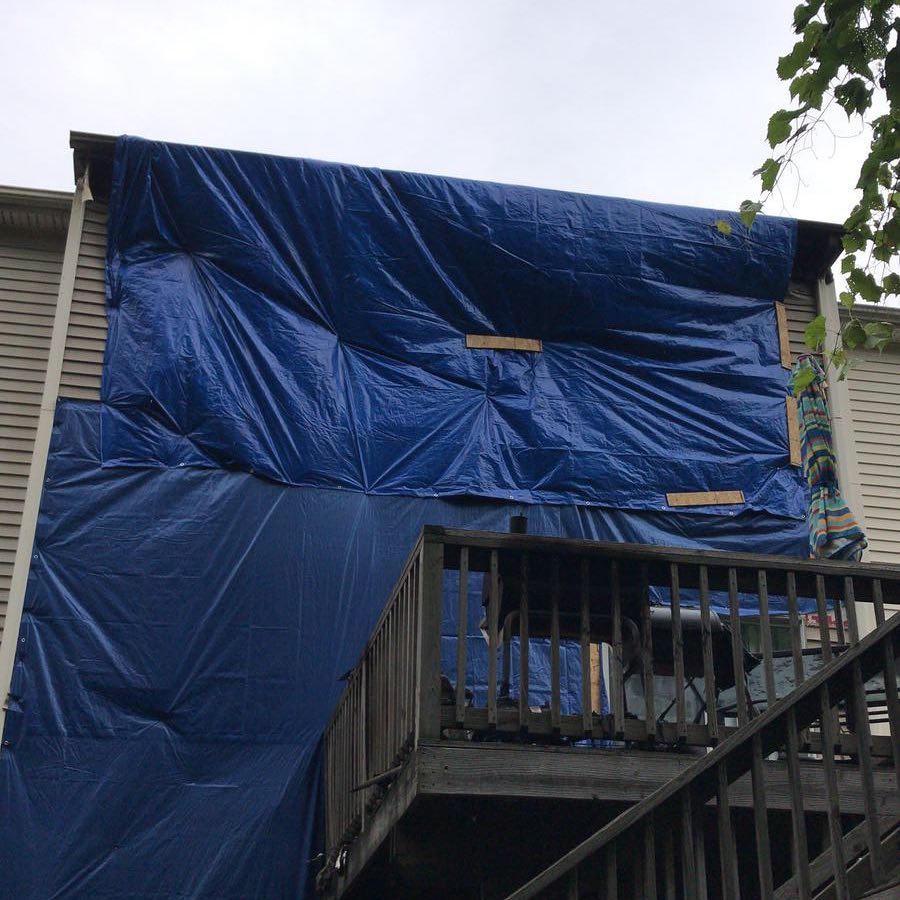
When dealing with washing machine flood damage, you need a reliable and local team of Philly damage restoration experts in your corner. We've restored 100s of properties, both residential and commercial, in the Philly area and we're ready to come out and help you 24/7.
We're certified, insured, and work with all insurance companies. We understand how overwhelming it can be dealing with unexpected damage so let us assist you with your claim so you can focus on getting your life back on track.

Request a Free Estimate
or call (445) 234-4123
By submitting the form, you agree to our Terms of Service and Privacy Policy.
Washing machines are a modern convenience that many of us rely on daily. However, they can also be a source of unexpected and costly water damage if not properly maintained. One common cause of Philadelphia washing machine floods is a failure in the rubber hoses that supply water to the machine. These hoses can deteriorate over time, leading to leaks or bursts that can result in significant flooding in your home. Here's what you need to know about preventing and managing washing machine floods caused by rubber hose failures.
The Dangers of Rubber Washing Machine Hoses
Rubber washing machine hoses are prone to wear and tear, especially in areas with hard water or high water pressure. As these hoses age, they can become brittle and develop cracks, making them more susceptible to leaks and bursts. When a hose fails, it can release a large amount of water into your home in a short period, causing extensive damage to your floors, walls, and belongings.
Prevention Tips
- Regular Inspection: Check your washing machine hoses regularly for signs of wear, such as cracks, bulges, or leaks. Replace them immediately if you notice any damage.
- Upgrade to Braided Stainless Steel Hoses: Consider replacing your rubber hoses with braided stainless steel hoses, which are more durable and less likely to fail.
- Avoid Overloading: Overloading your washing machine can put extra strain on the hoses, increasing the risk of failure. Follow the manufacturer's guidelines for load capacity.
- Turn Off the Water Supply: When not in use, turn off the water supply to your washing machine to prevent leaks in case a hose fails.
- Water Softener: If you live in an area with hard water, consider installing a water softener to reduce the mineral buildup that can damage hoses.
Common Signs of Washing Machine Hose Wear and Tear
Rubber washing machine hoses can deteriorate over time due to various factors such as age, water pressure, and the minerals in the water. It's essential to be aware of the signs of wear and tear so you can take preventive action before a hose failure leads to a flood. Here are some common signs to watch out for:
- Bulging or Swelling: If you notice that your washing machine hoses are bulging or swelling, it could be a sign of internal damage. This can occur due to pressure buildup inside the hose, which weakens the rubber and increases the risk of a burst.
- Cracks or Fraying: Visible cracks, splits, or fraying along the length of the hose are clear indicators that it needs to be replaced. These weak spots can quickly worsen and lead to leaks or bursts.
- Leaking Water: Even small leaks from the hose or around the connections should not be ignored. They can be early signs of hose deterioration and should be addressed promptly.
- Age of the Hose: Rubber washing machine hoses typically last about 3-5 years. If you're unsure about the age of your hoses, it's best to replace them to avoid potential issues.
- Moldy or Musty Smell: If you notice a moldy or musty smell near your washing machine, it could be a sign of water leakage. Check the hoses and connections for any signs of moisture or mold growth.
- Visible Wear and Tear: Inspect the hoses visually for any signs of wear, such as cracks, bulges, or stiffness. Any noticeable damage should prompt immediate replacement.
Managing a Washing Machine Flood
Despite your best efforts, accidents can still happen. If your washing machine hoses fail and cause a flood, here's what you should do:
- Shut Off the Water: Immediately turn off the water supply to your washing machine to stop the flow of water.
- Unplug the Machine: Disconnect the power to your washing machine to prevent electrical hazards.
- Remove Standing Water: Use a wet/dry vacuum or mop to remove as much water as possible from the affected area.
- Dry and Dehumidify: Use fans and dehumidifiers to dry out the area and prevent mold growth.
- Assess the Damage: Inspect your floors, walls, and belongings for damage. Consider contacting a professional water damage restoration company for assistance.
Frequently Asked Questions About Washing Machine Flood Damage in Philly
It's recommended to inspect your washing machine hoses at least once a year. However, if you live in an area with hard water or high water pressure, more frequent inspections (every 6 months) may be advisable.





















